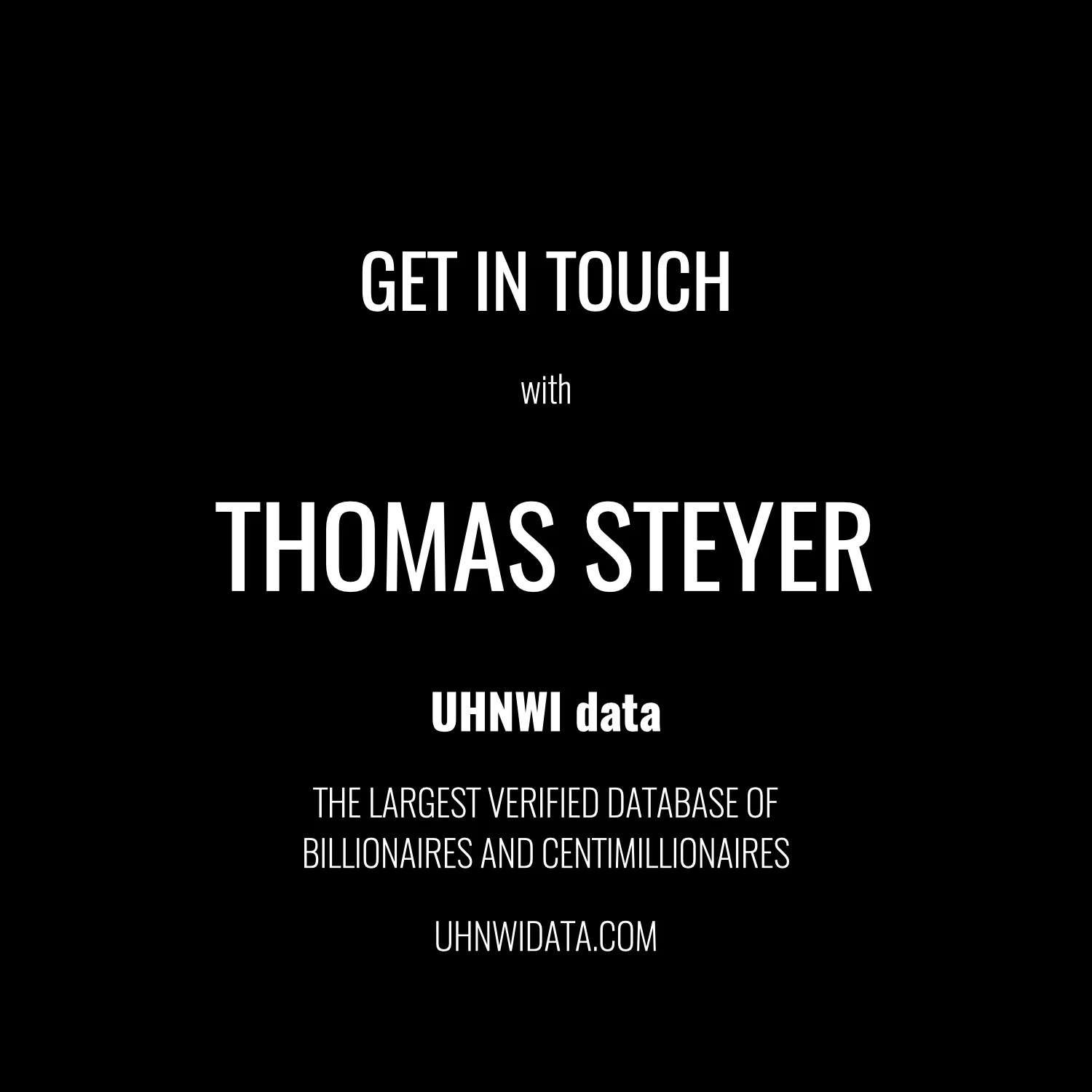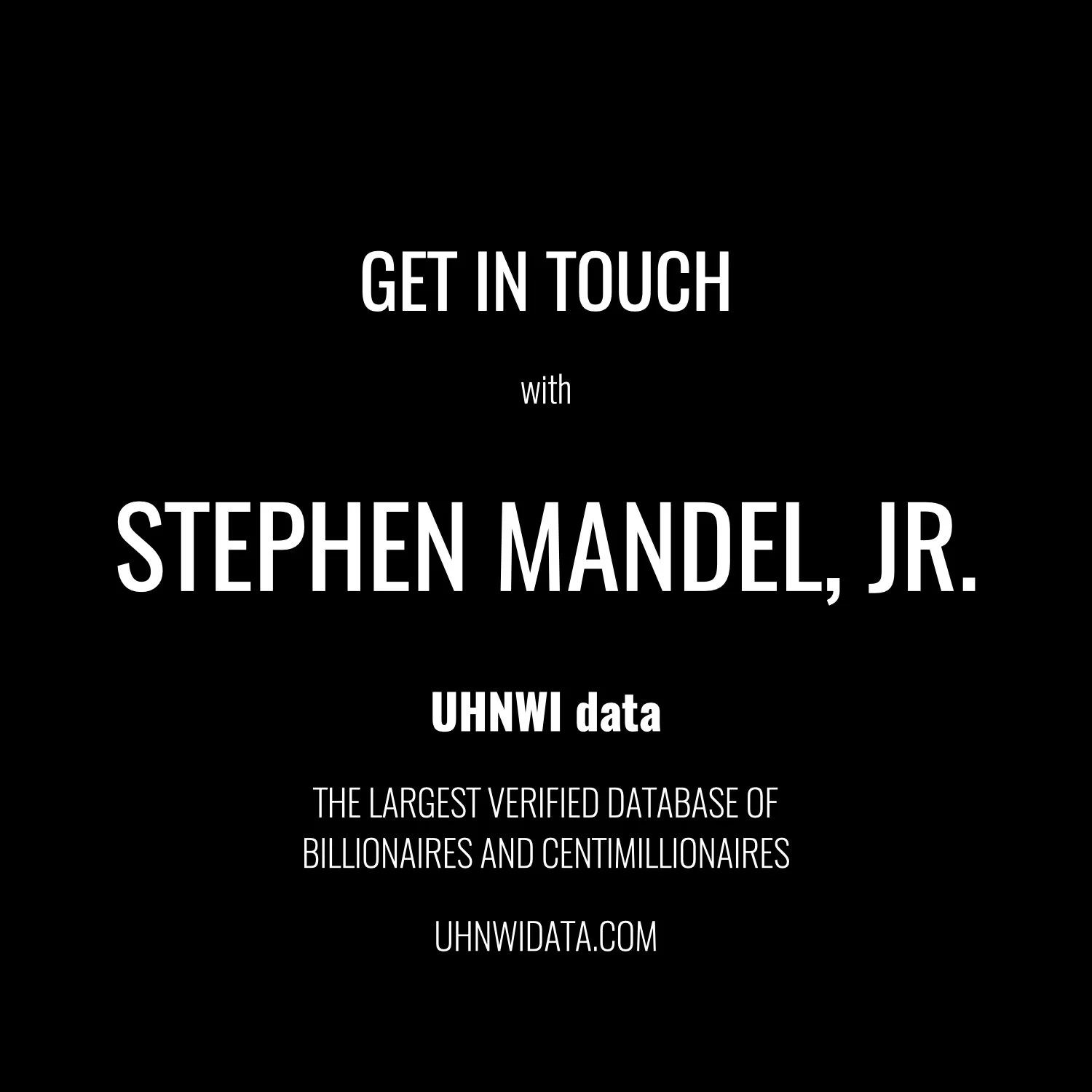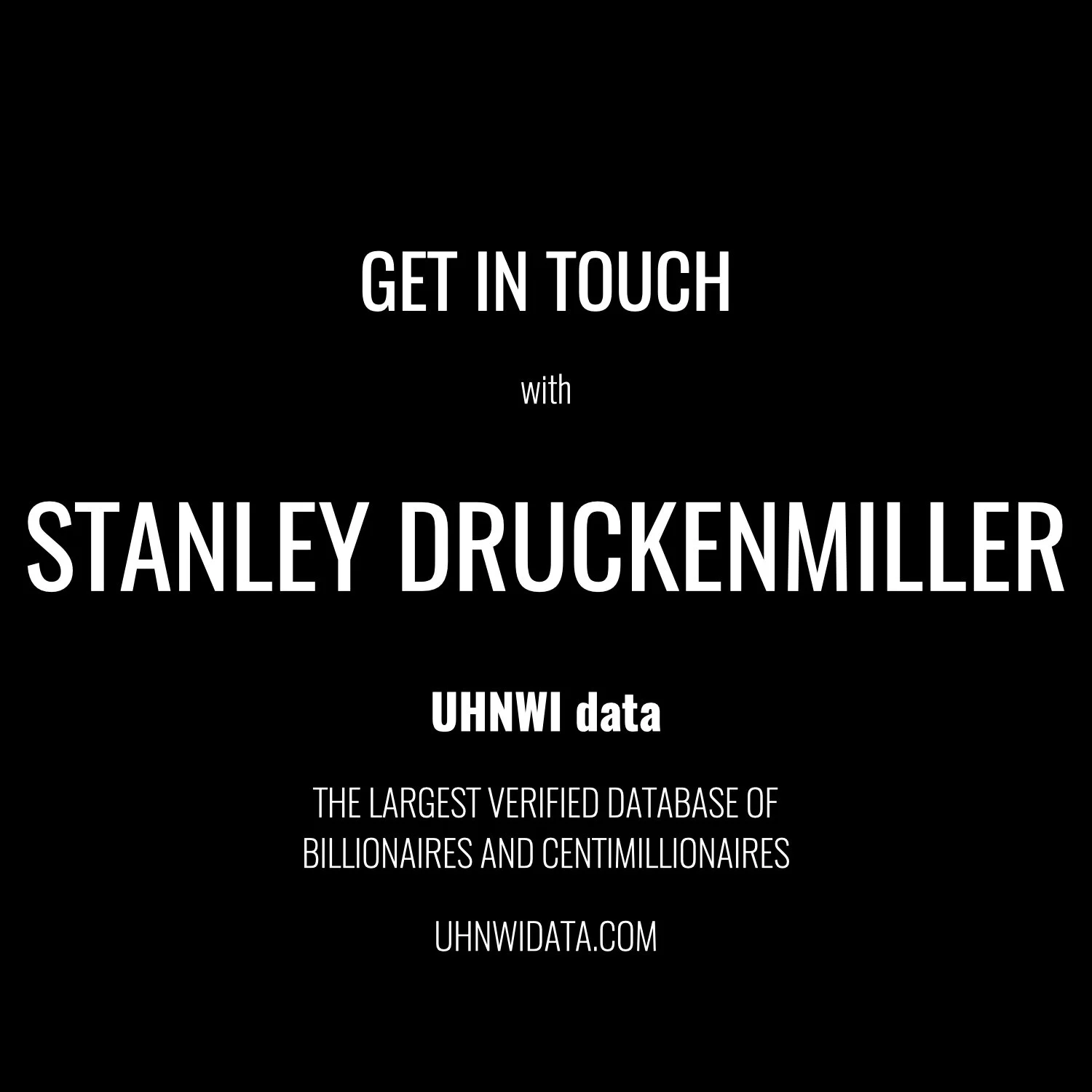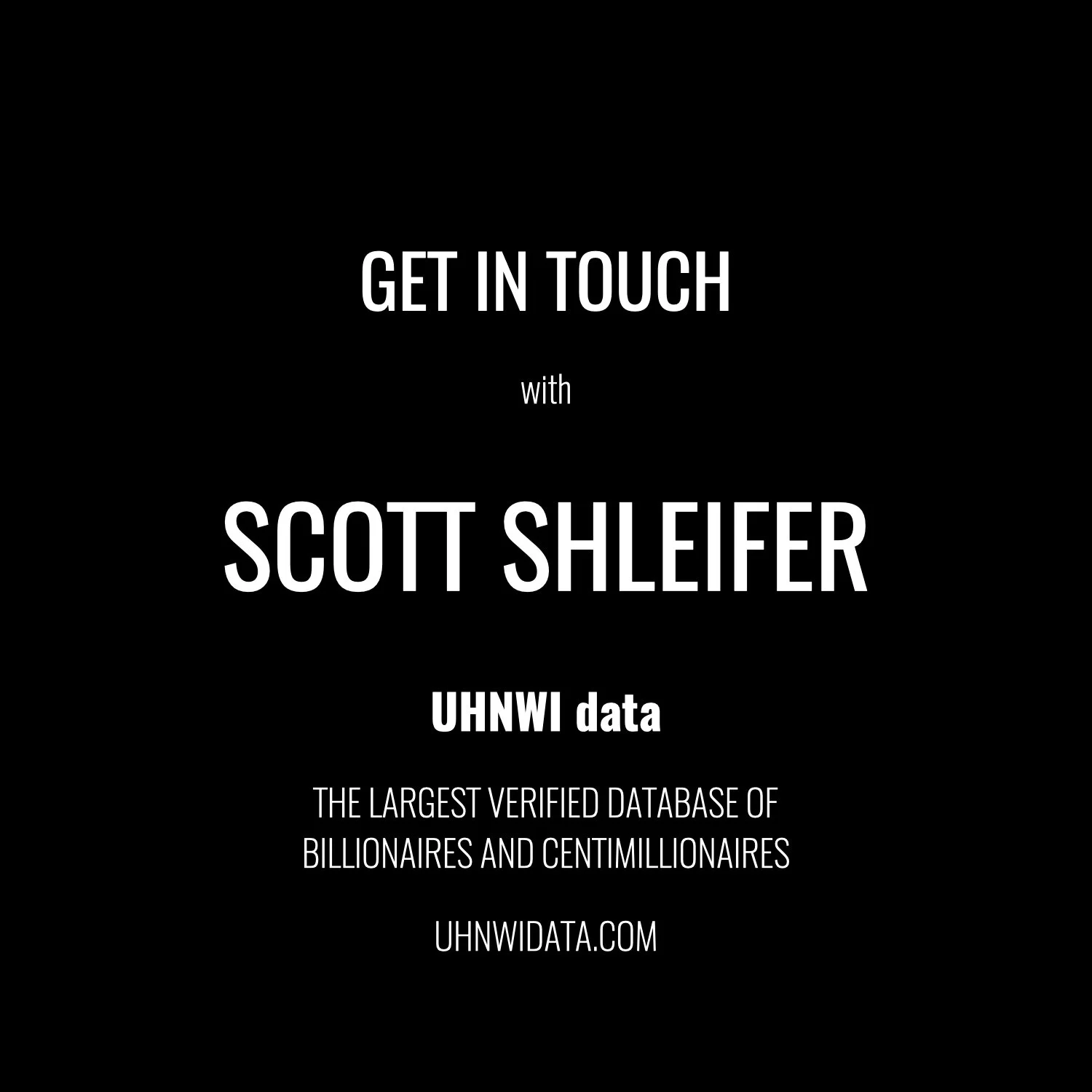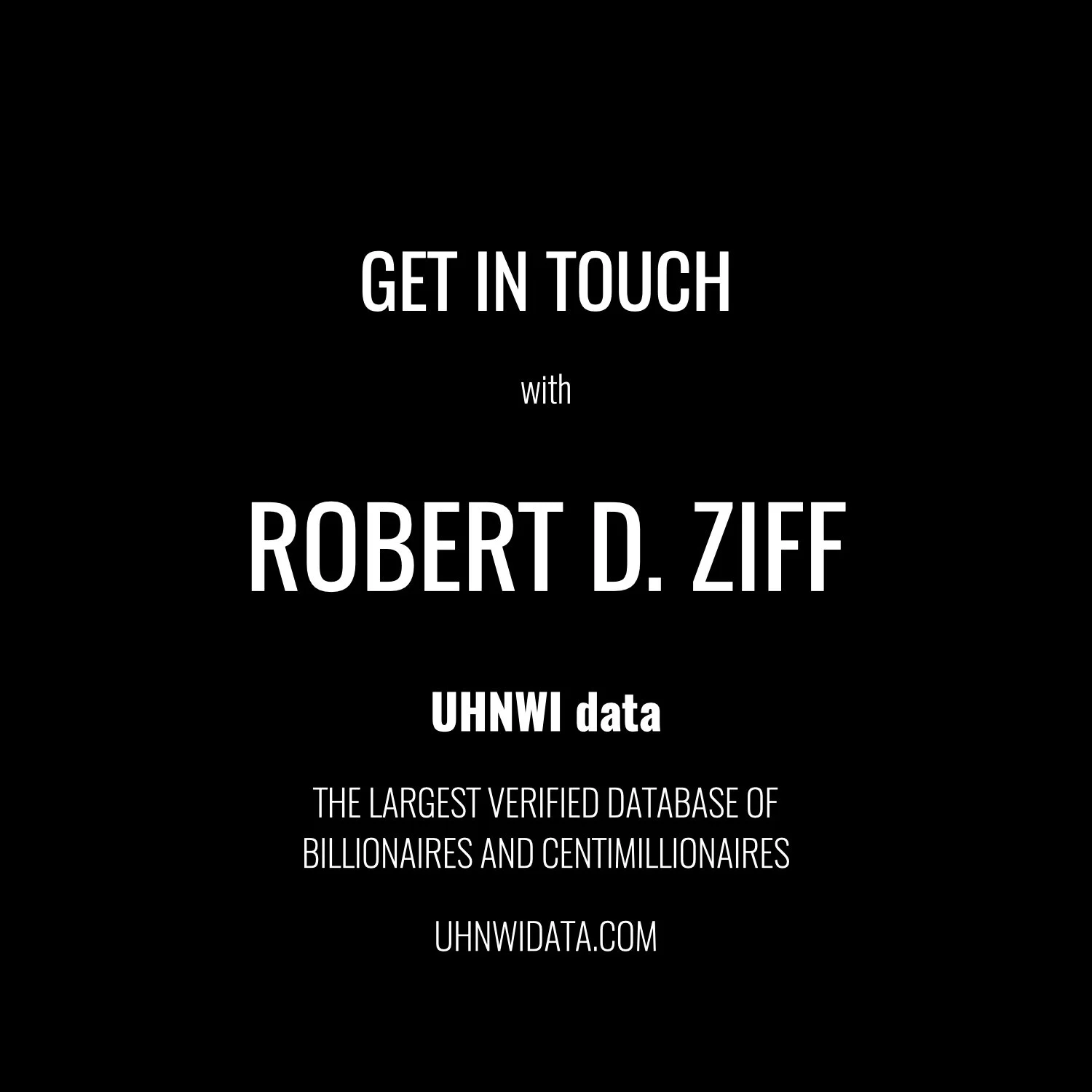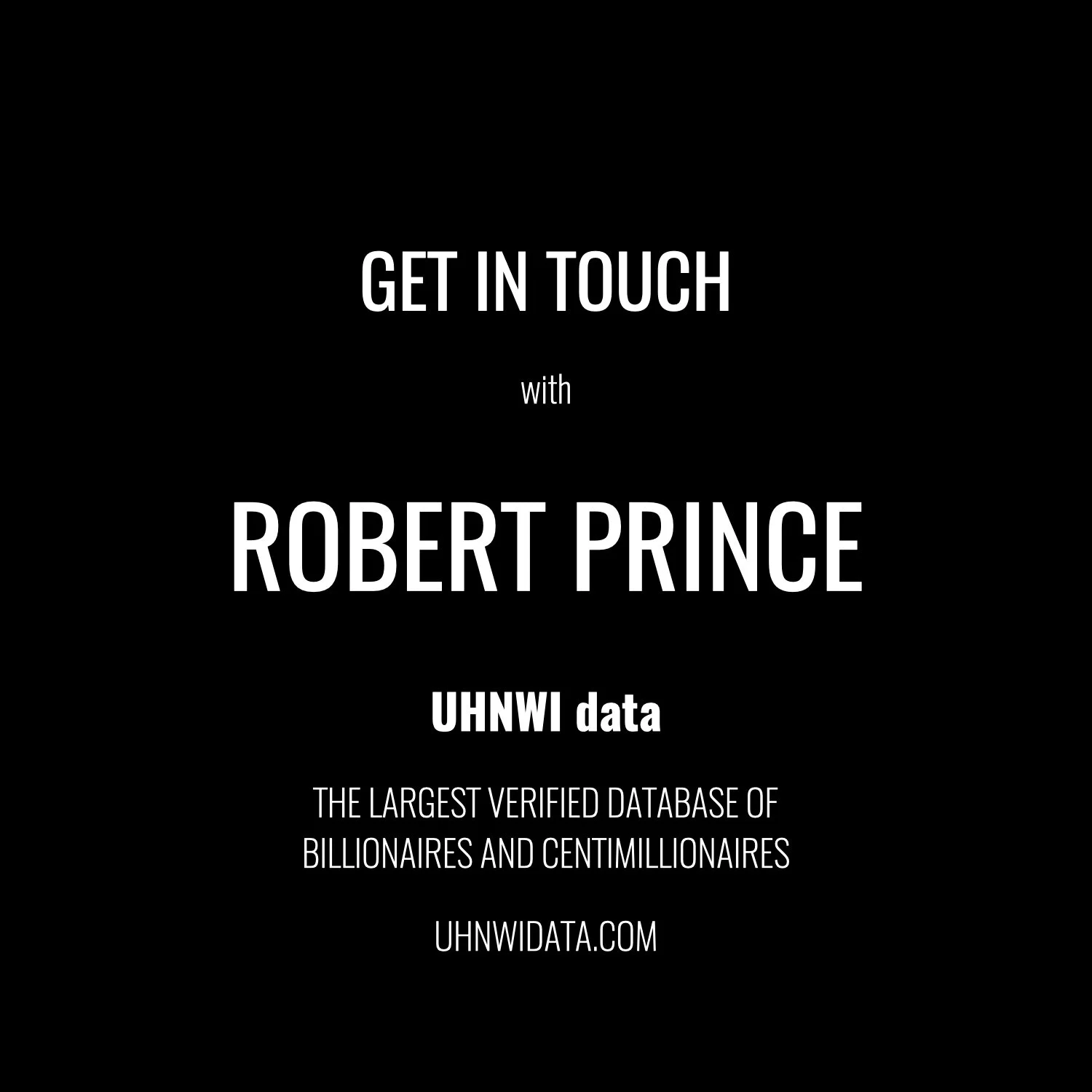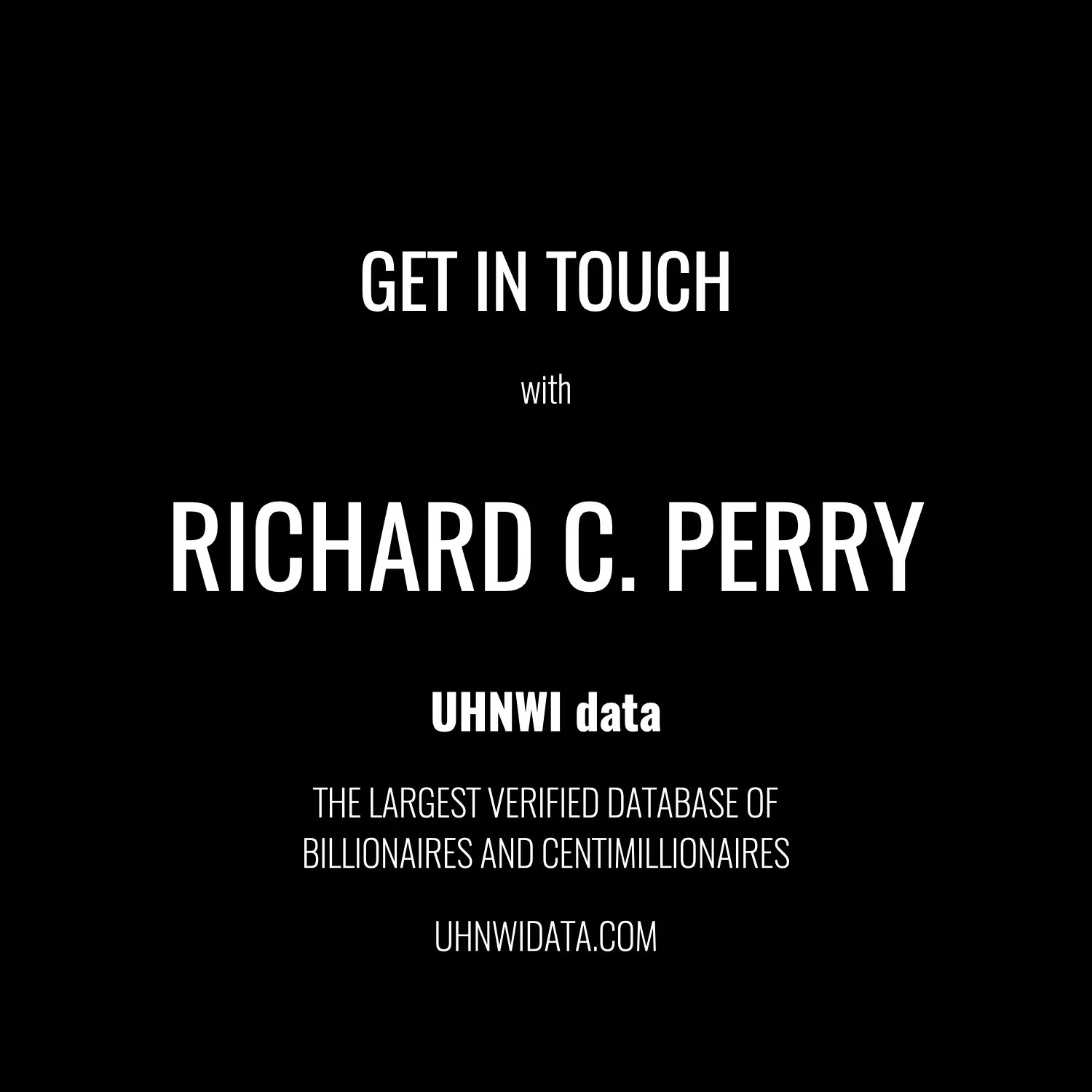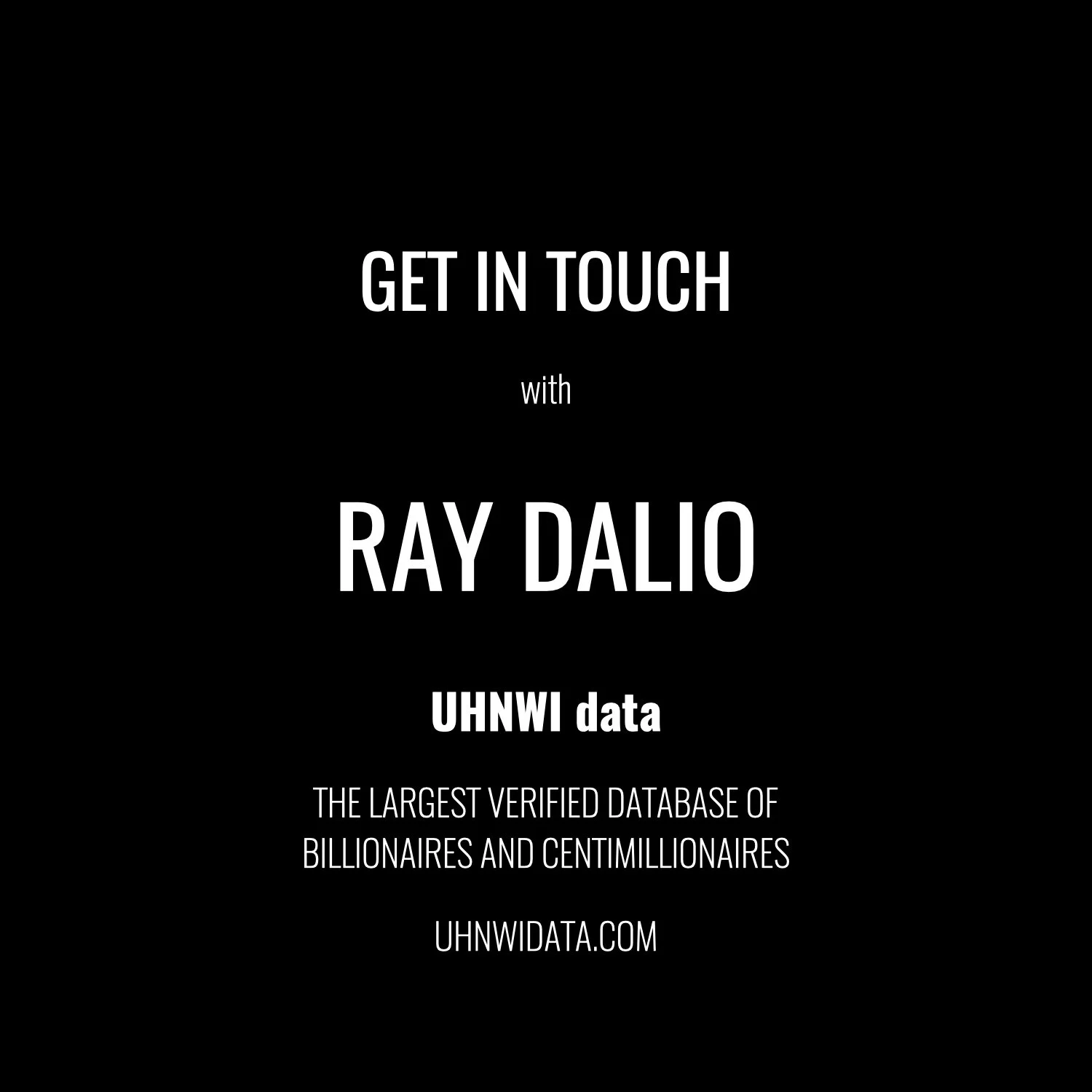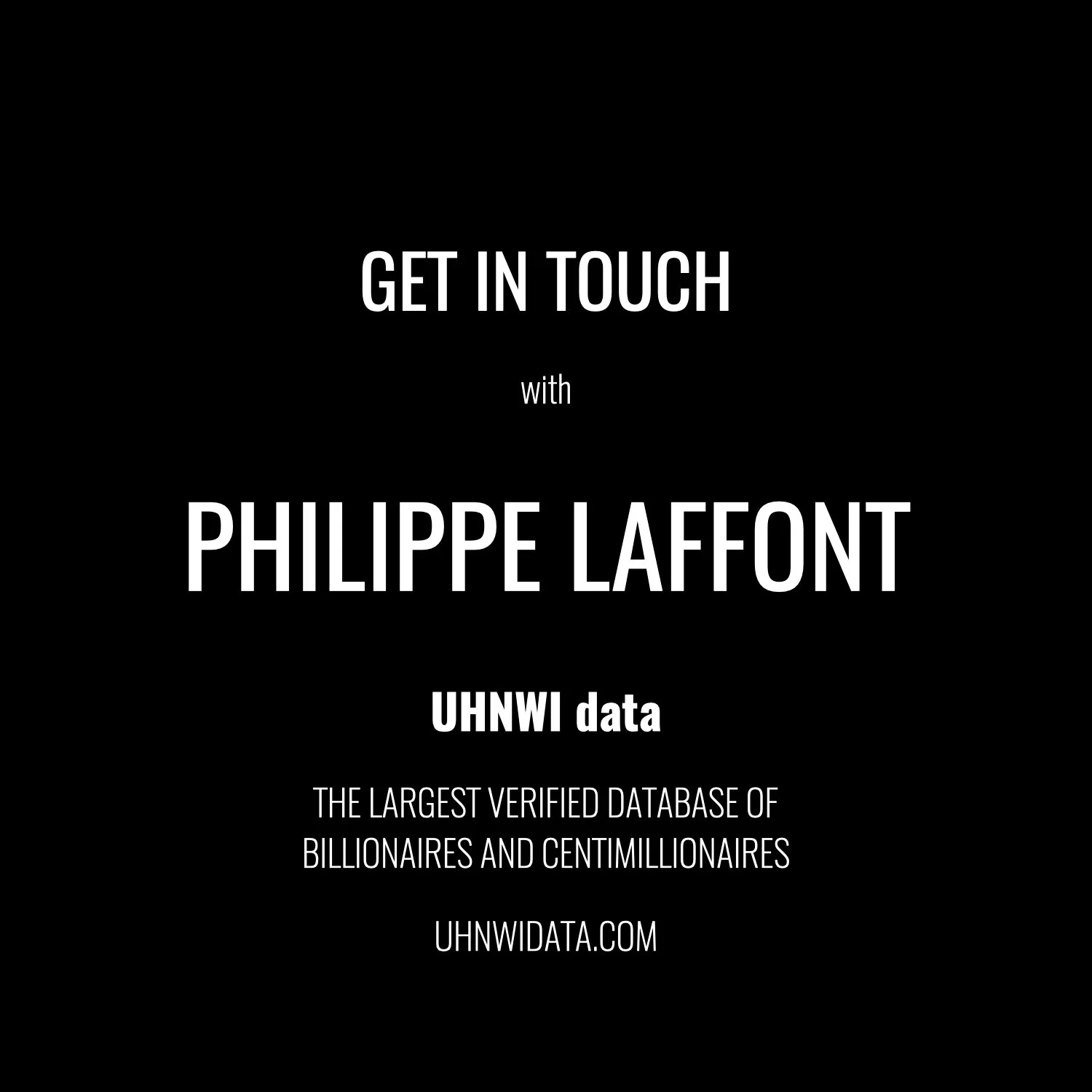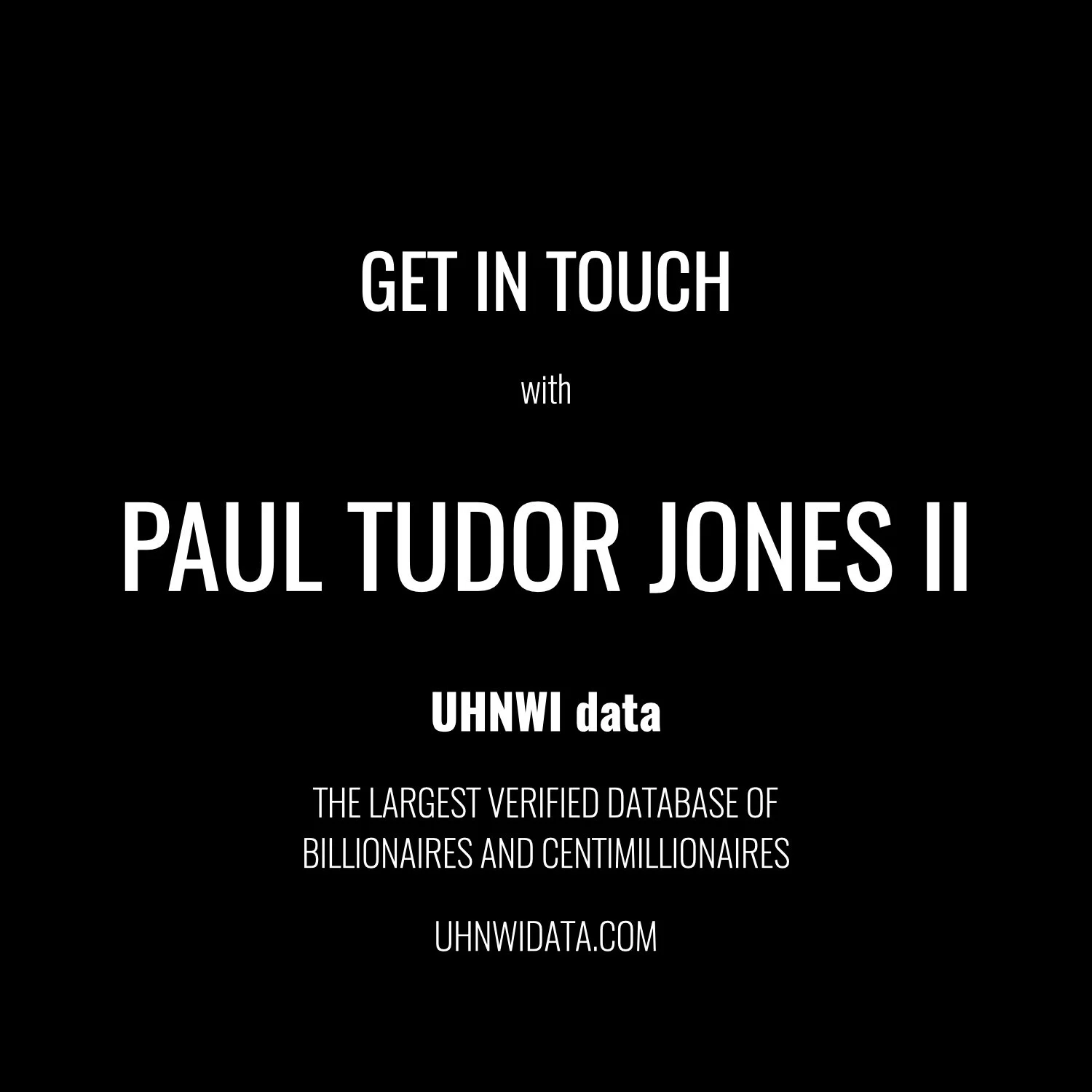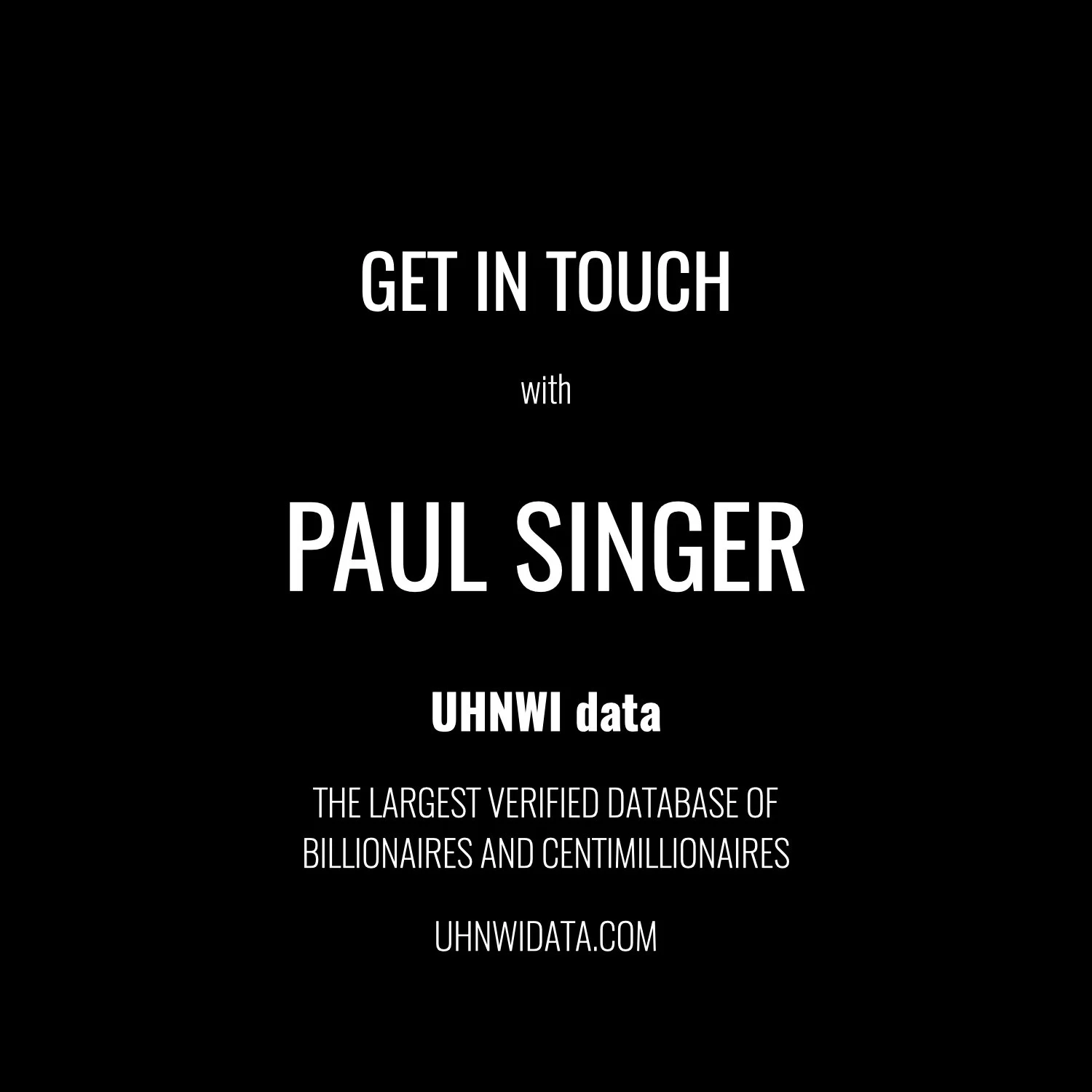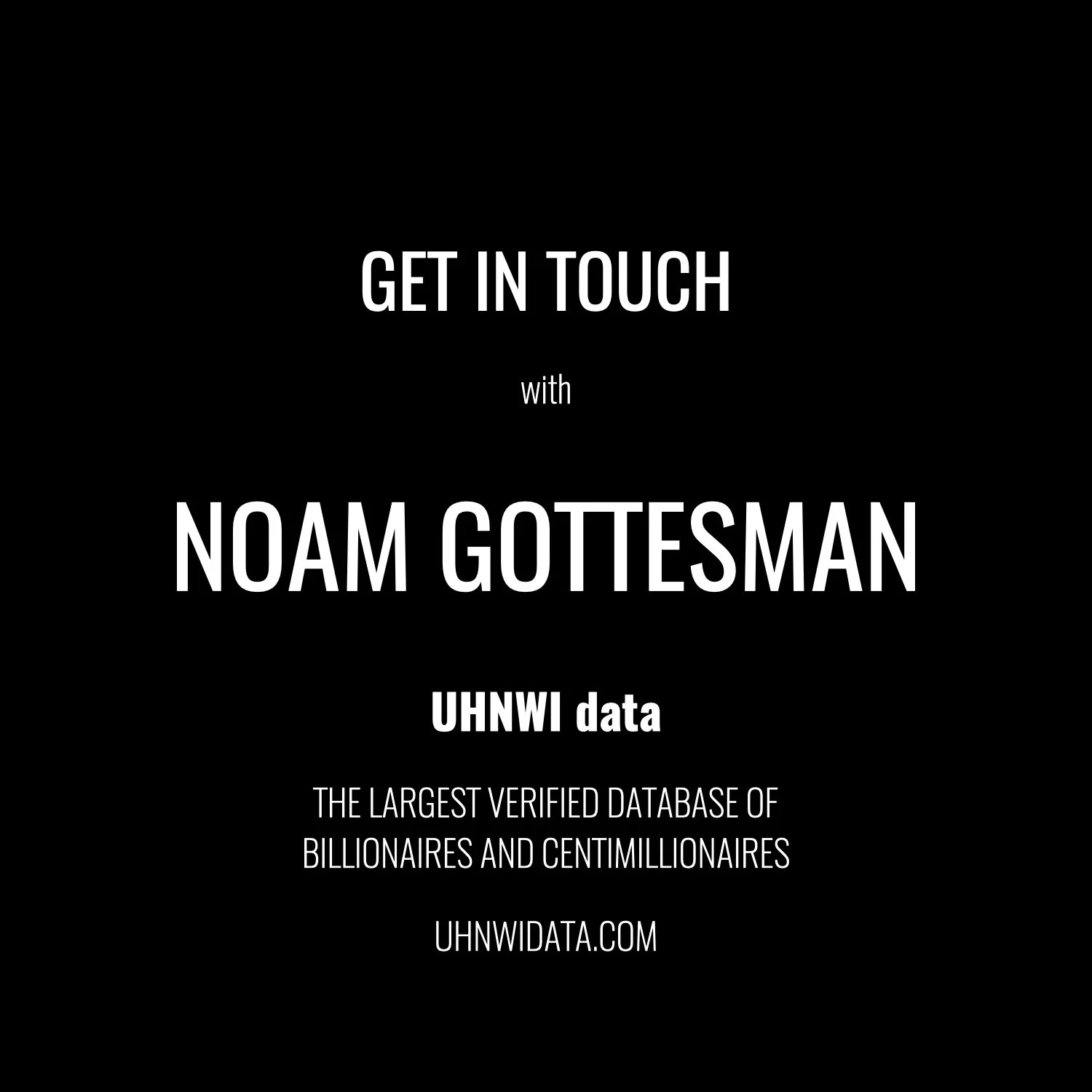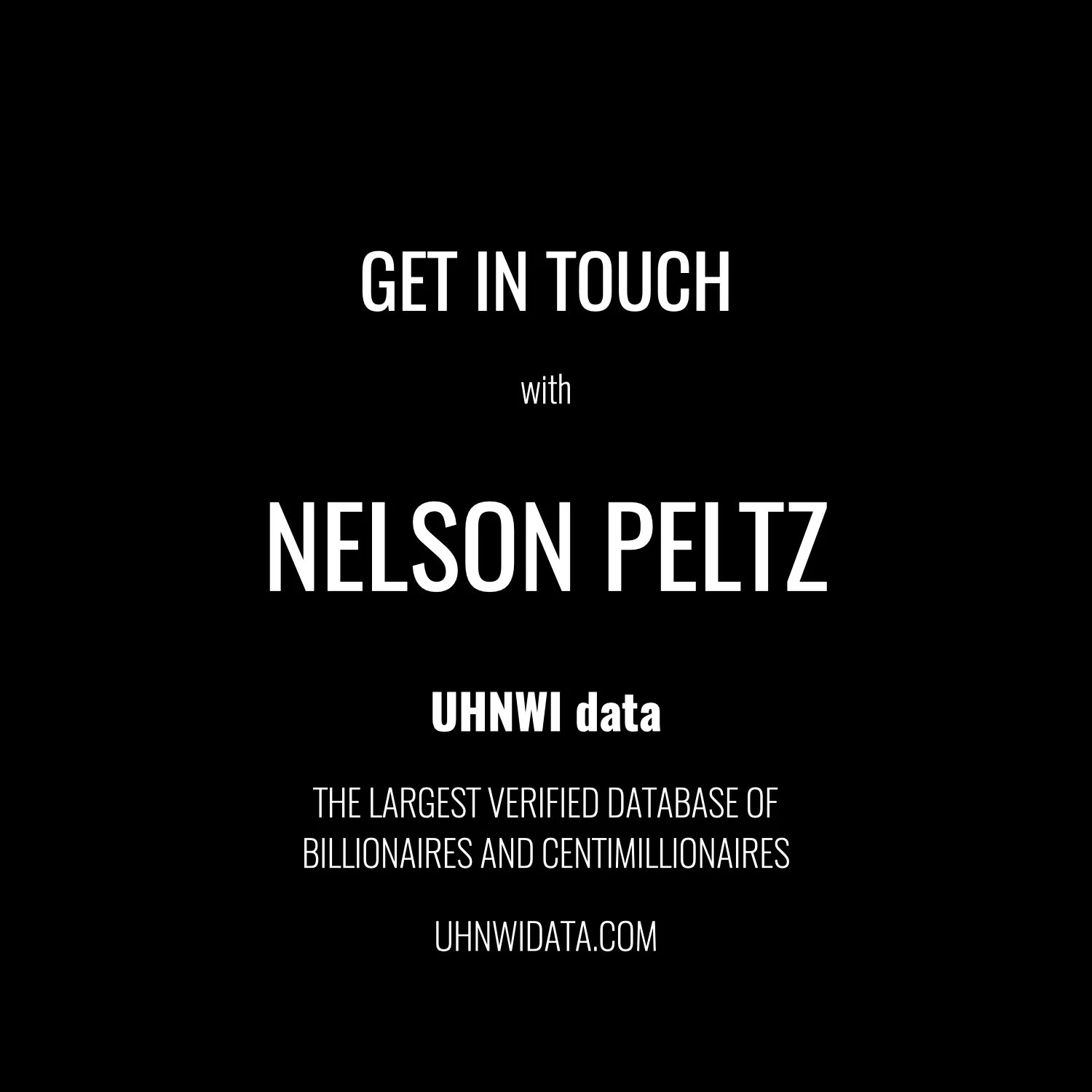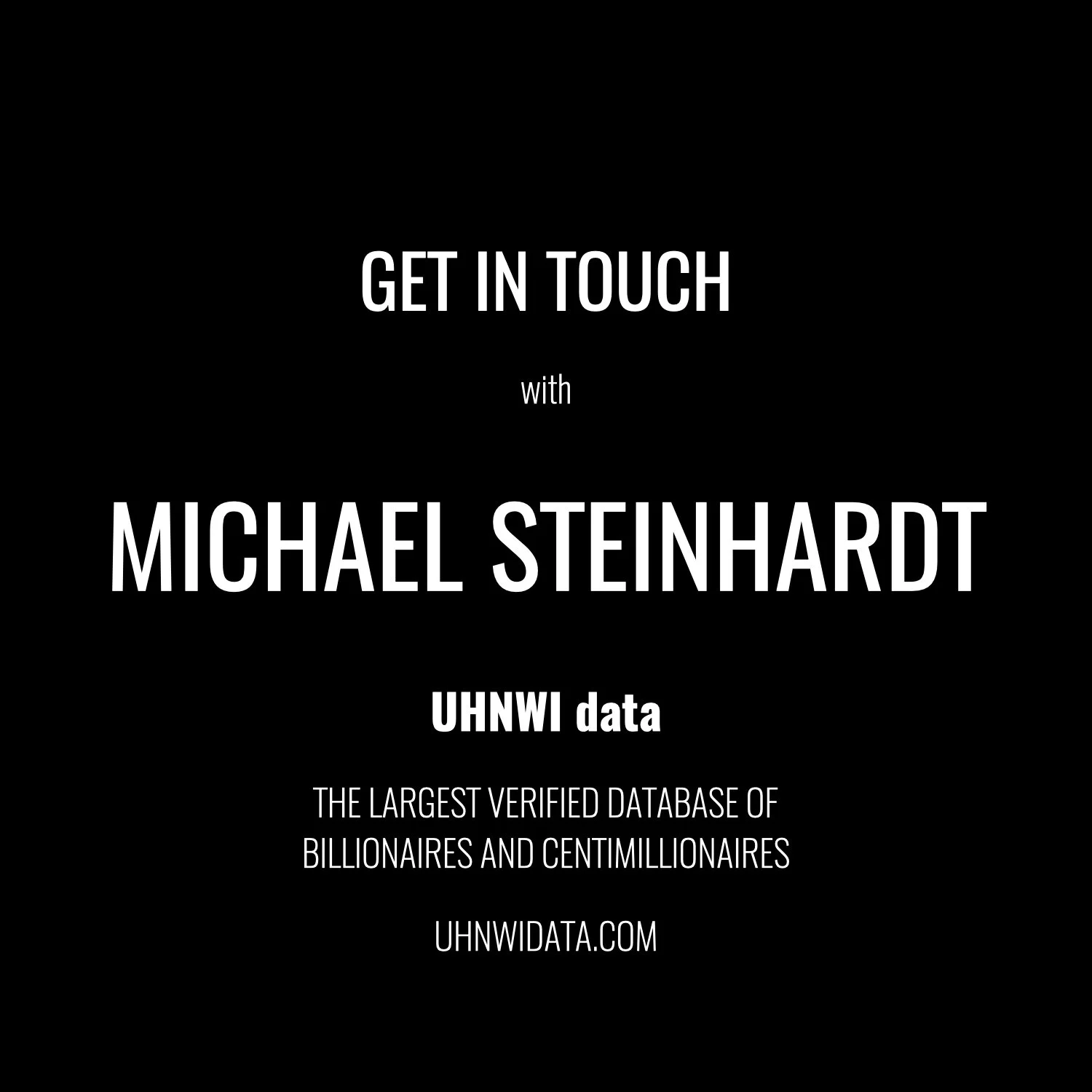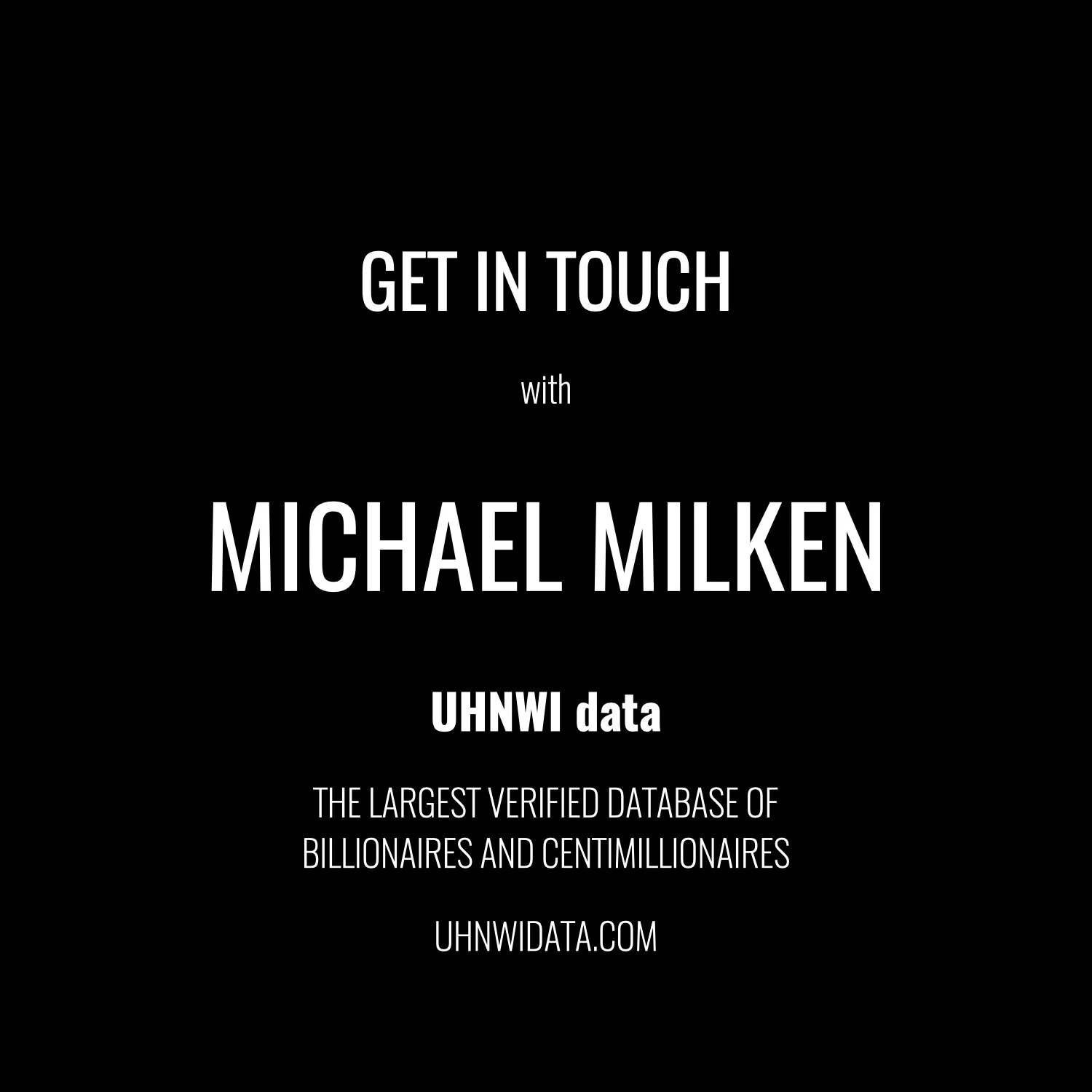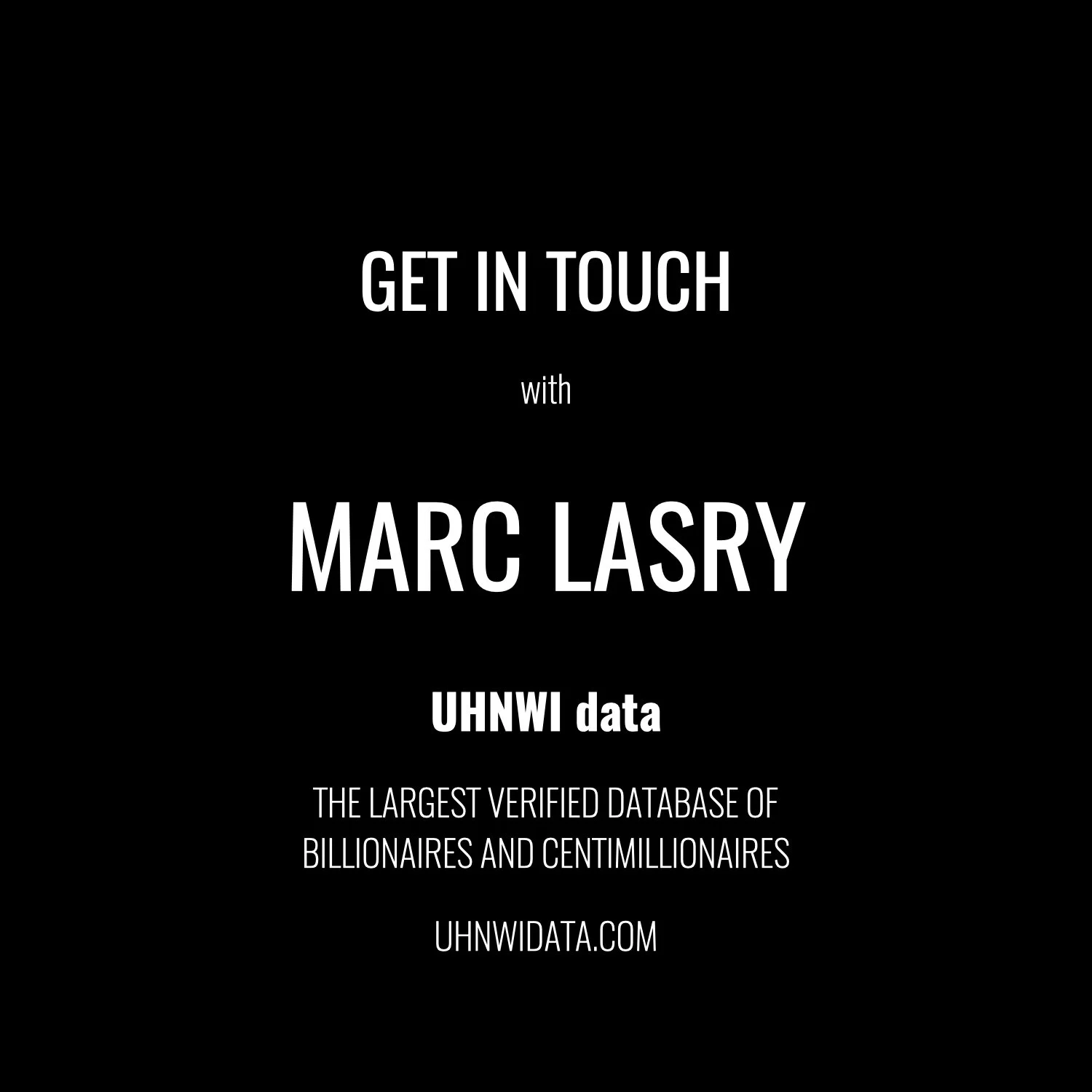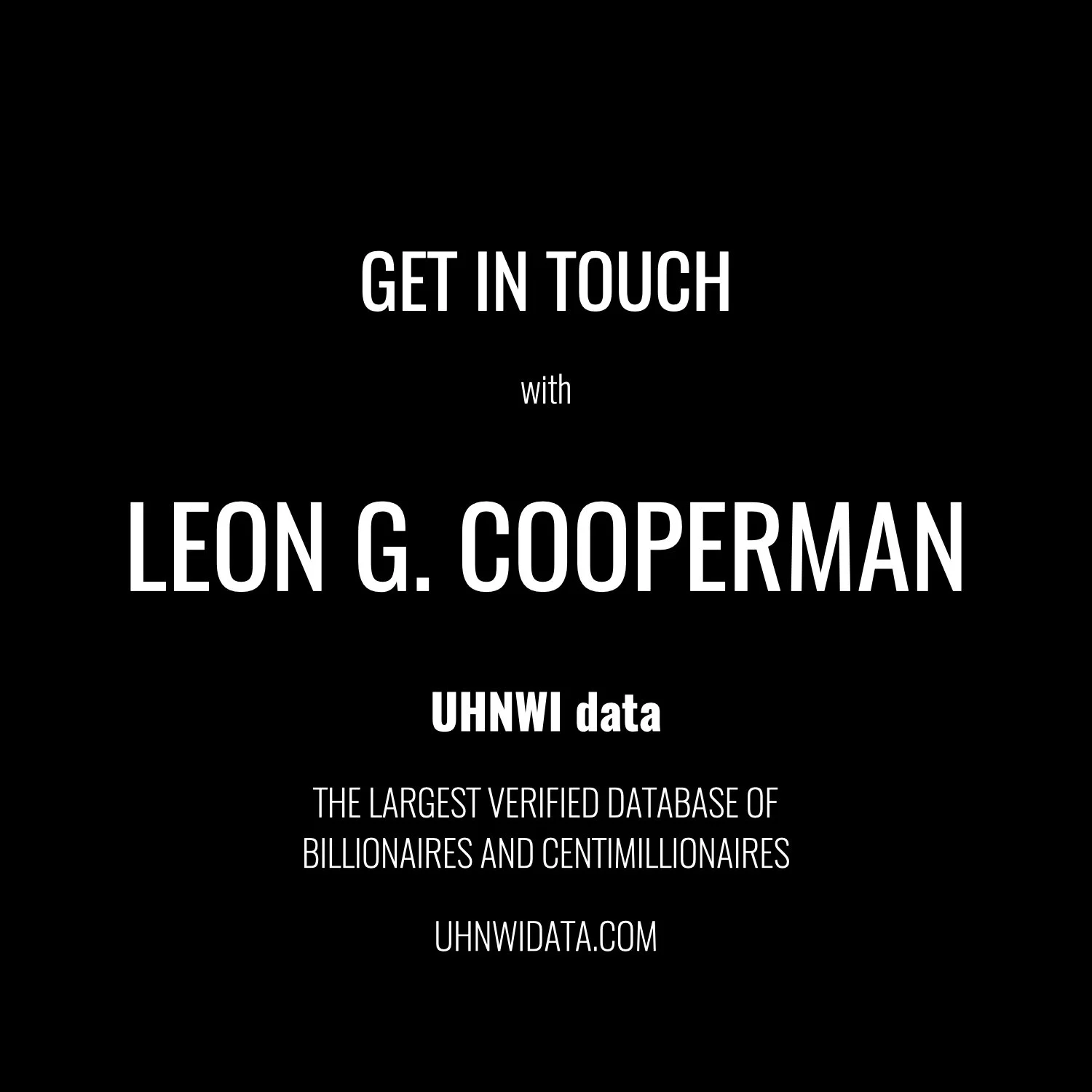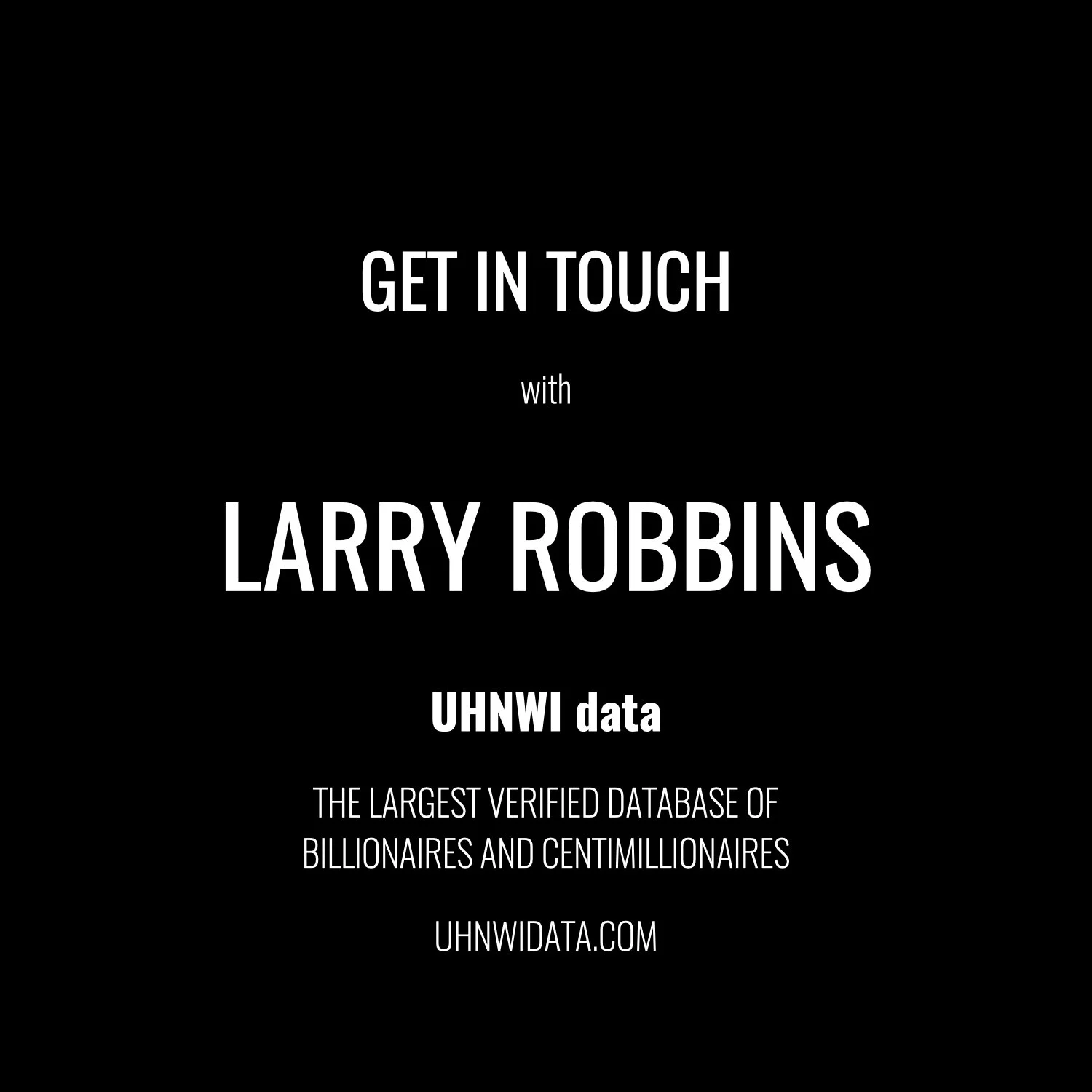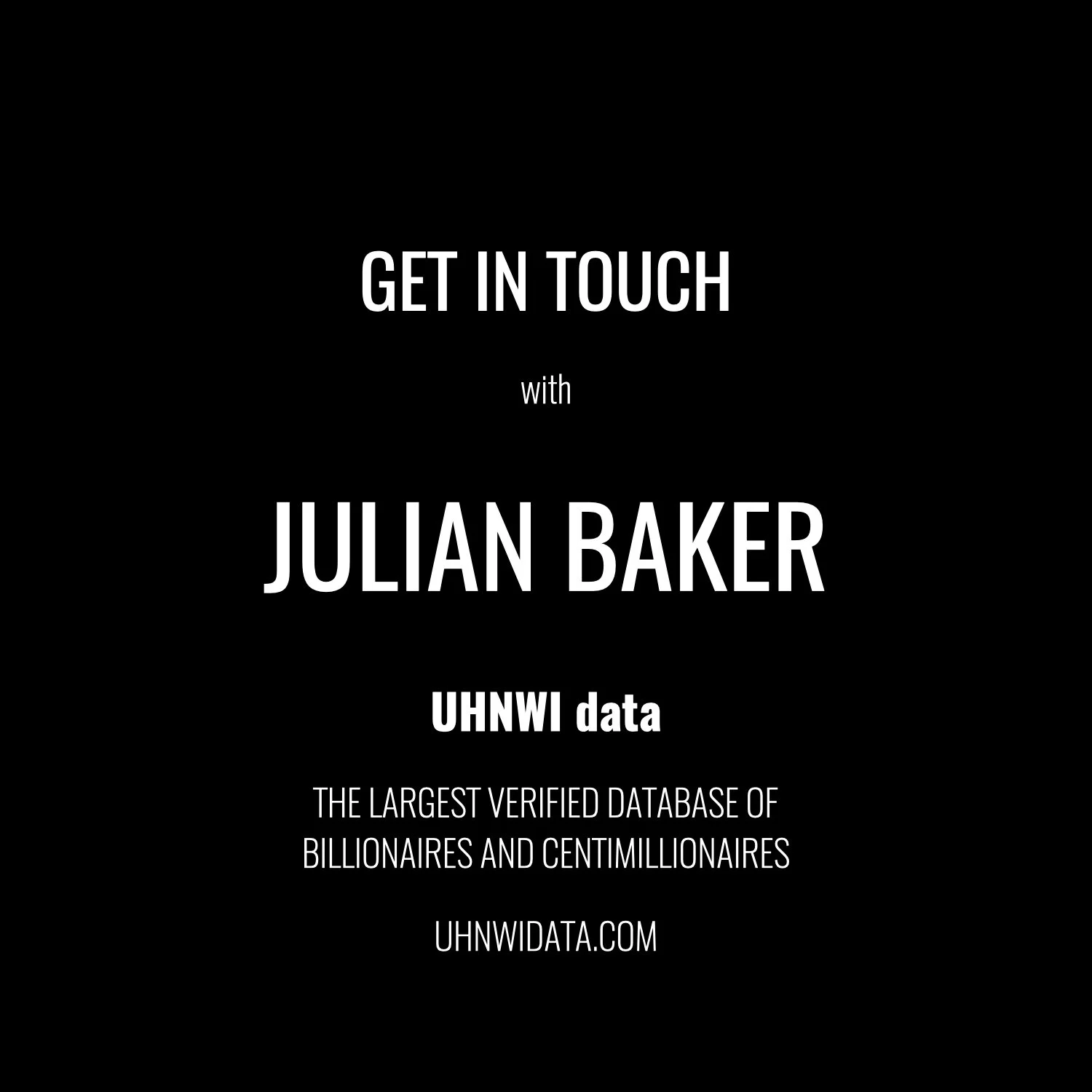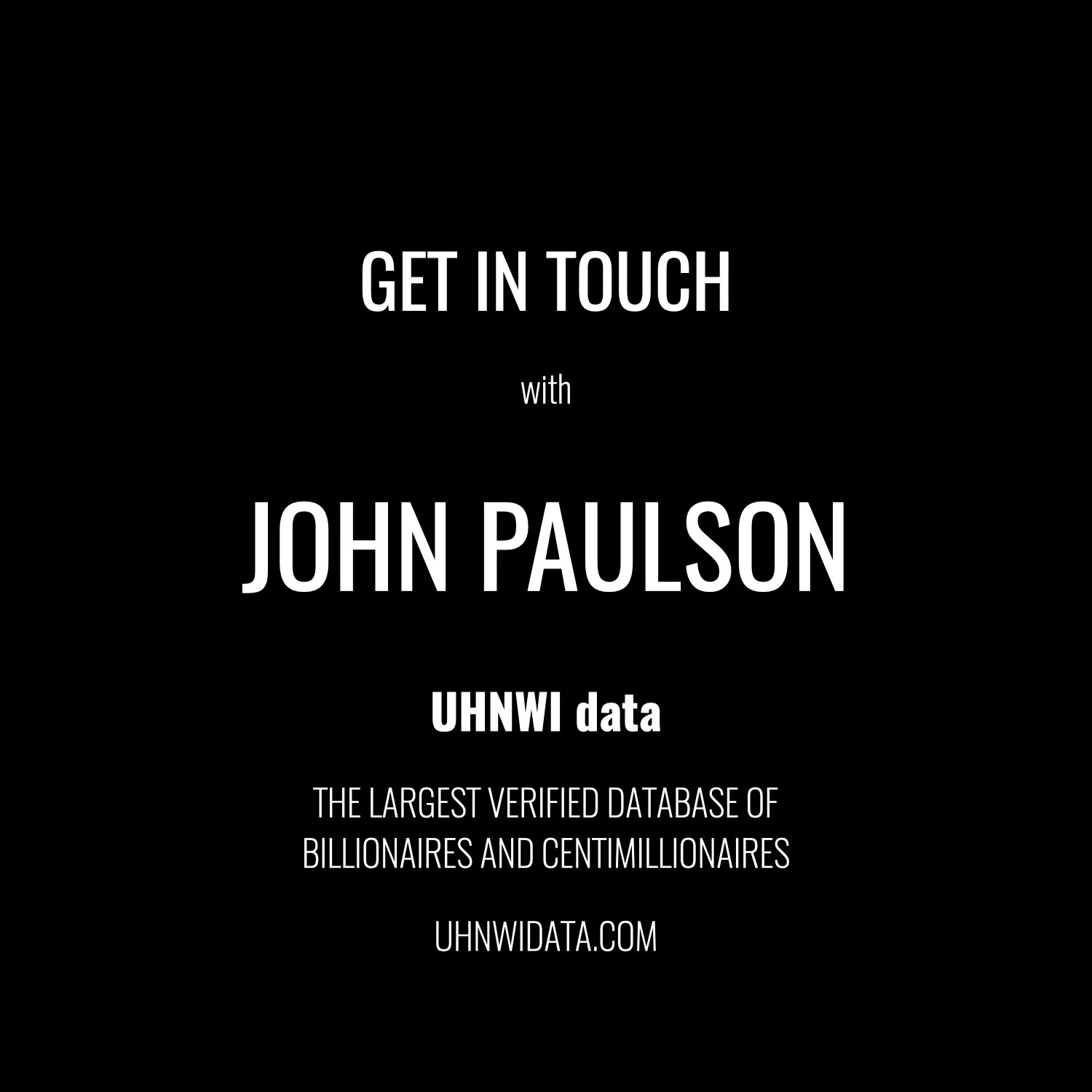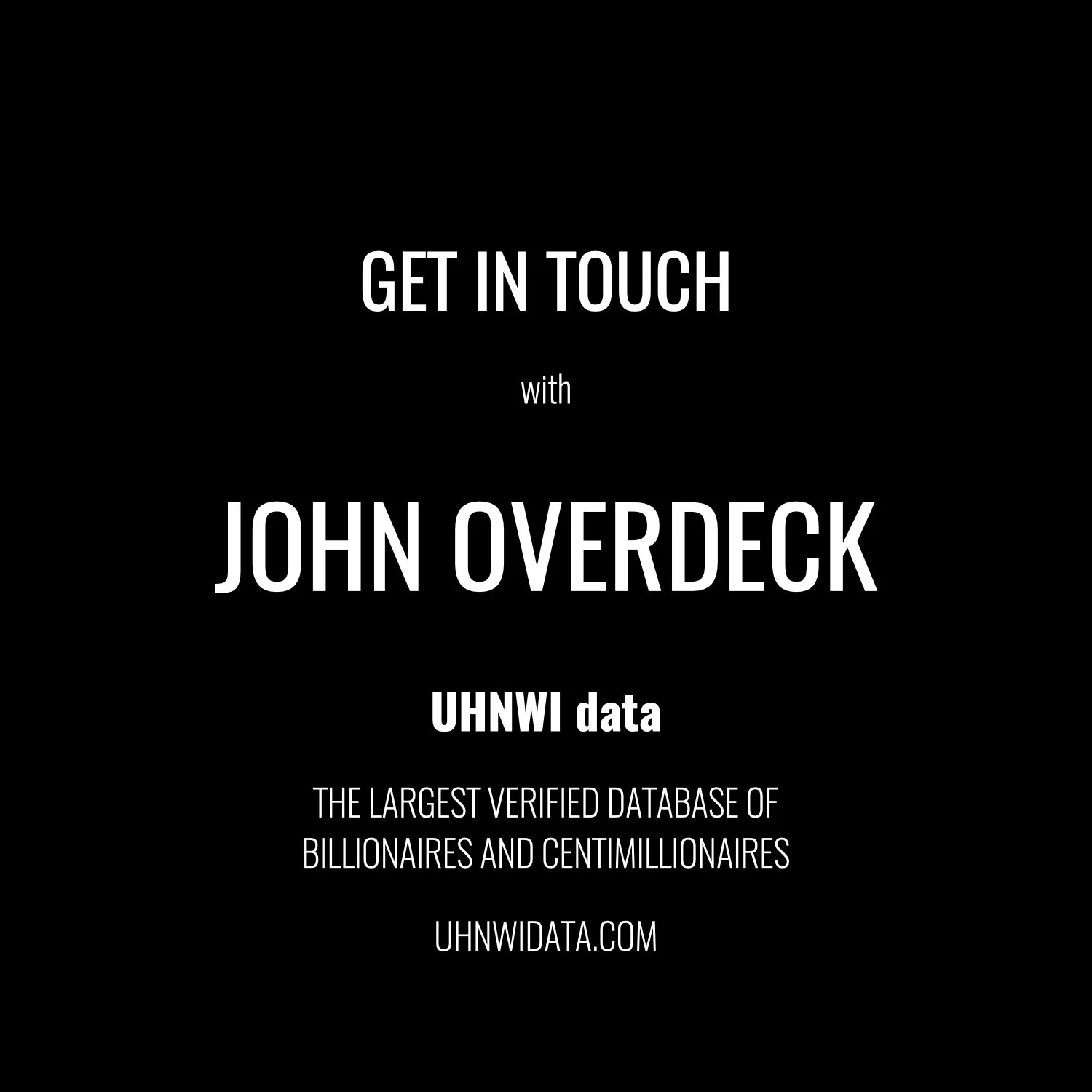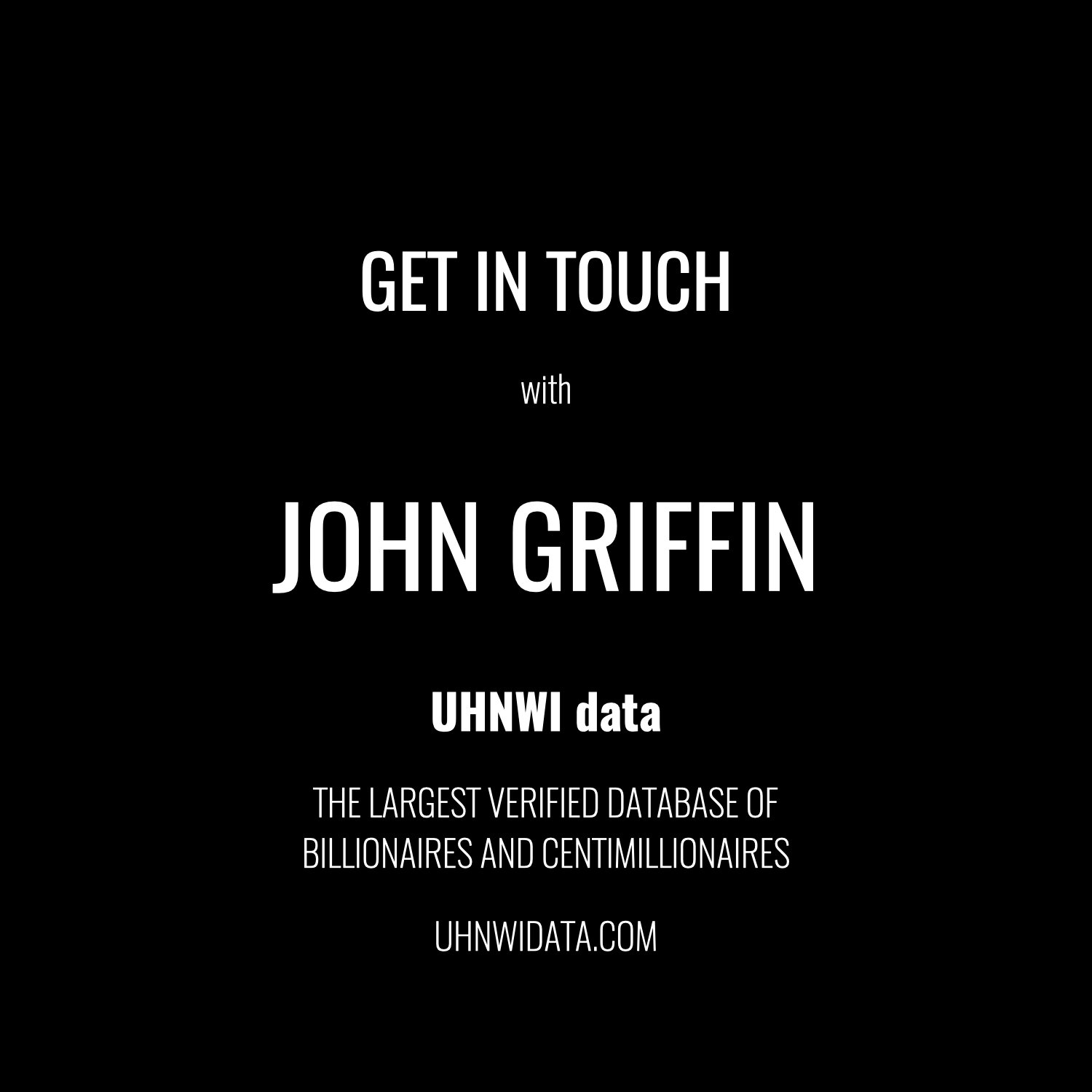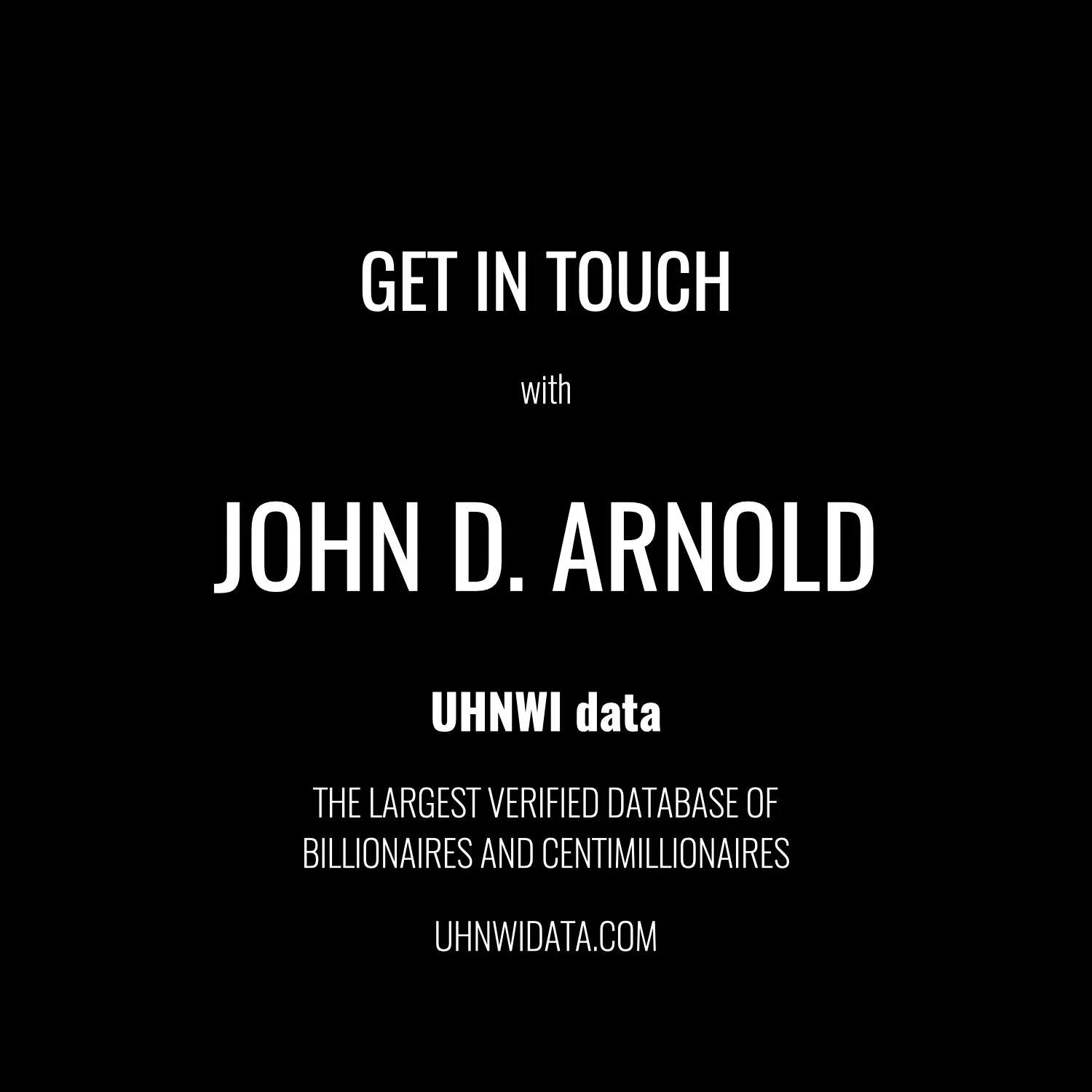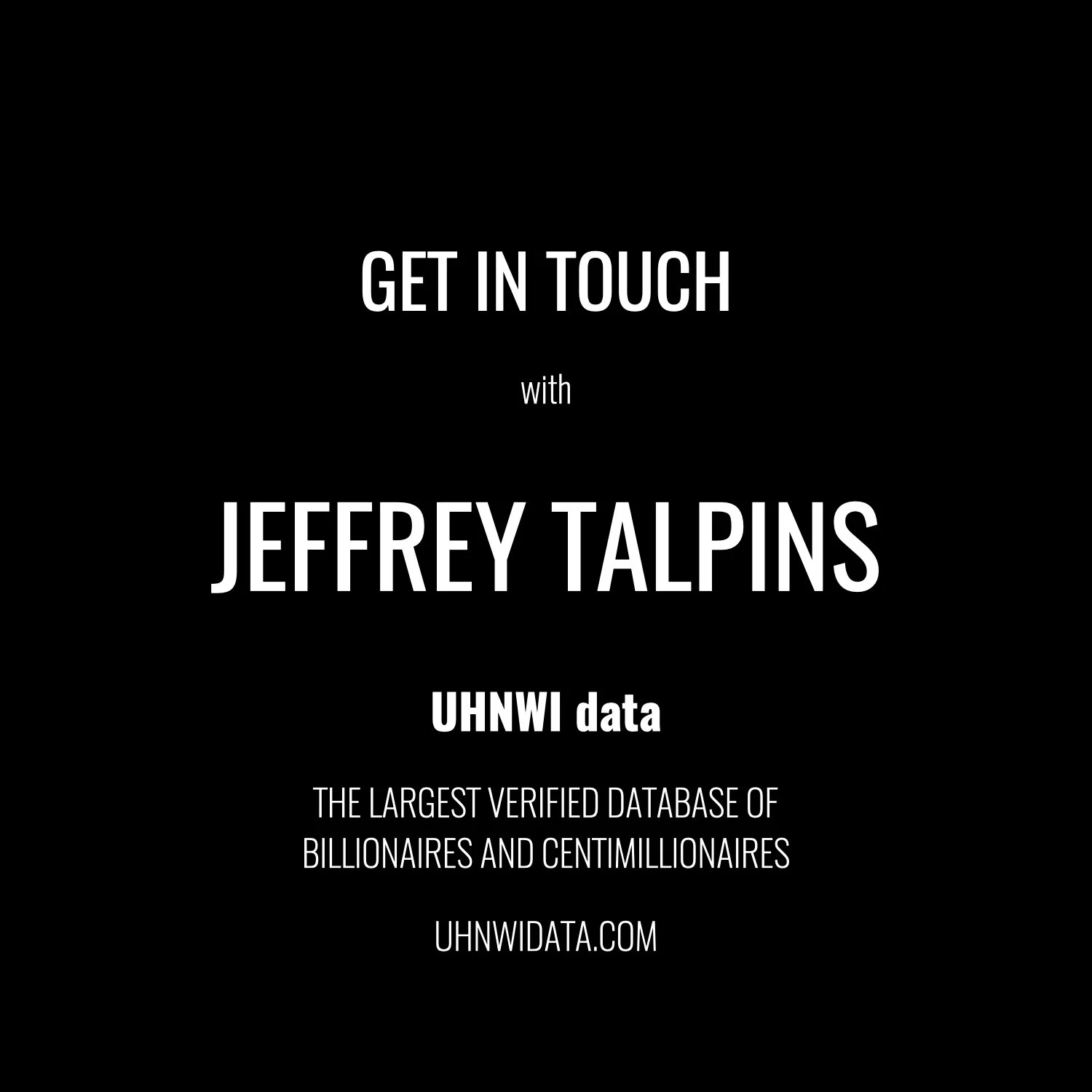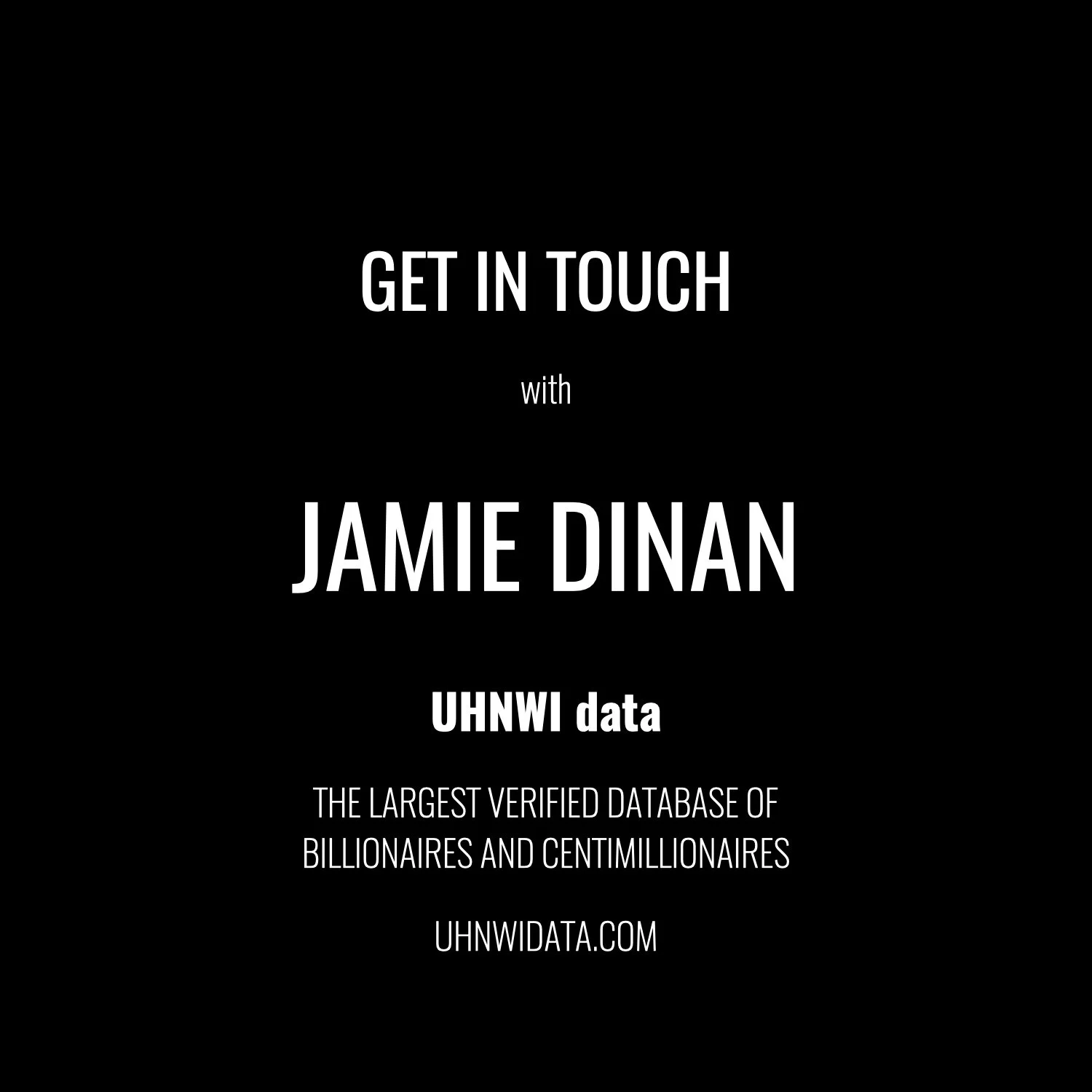John D. Arnold (born 1974) is an American investor, former hedge fund manager, and philanthropist renowned for pioneering successes in natural gas trading and for applying quantitative rigor to philanthropic interventions in public policy.[1][2]
Arnold began his career at Enron as an energy trader, where he reportedly generated $750 million in profits for the firm in 2001 amid the early development of online energy markets.[1][3] Following Enron's bankruptcy, he founded Centaurus Advisors in 2002 with initial capital from his earnings and investors, growing the Houston-based hedge fund—focused on energy commodities—into a multi-billion-dollar operation that positioned him as one of the youngest U.S. billionaires by 2007.[1][4] In 2012, at age 38, Arnold shuttered the fund to external investors and shifted to personal investments, including energy infrastructure like solar farms and Gulf of Mexico oil projects.[1][3]
Alongside his wife, Laura—an attorney and former oil executive—Arnold established the Laura and John Arnold Foundation in 2008, later evolving it into Arnold Ventures LLC, a philanthropy vehicle that has disbursed over $2 billion by 2025 toward evidence-driven reforms.[5][6] Key initiatives target inefficiencies in criminal justice (such as reducing pretrial detention via data analysis), public finance (including pension solvency to avert taxpayer burdens), health policy, and scientific funding to mitigate biases from grant-seeking incentives.[7][8] The couple signed the Giving Pledge in 2010, committing the majority of their wealth to societal advancement through scalable, measurable solutions rather than traditional charitable giving.[6]
Arnold's trading legacy includes recognition as one of history's most effective energy market operators, leveraging probabilistic models and market dislocations for outsized returns.[9] His philanthropy, however, has sparked controversies: efforts to overhaul underfunded public pensions drew sharp rebukes from unions and beneficiaries viewing reforms as benefit reductions, despite data showing long-term fiscal risks.[10] Similarly, funding to replicate studies and curb "publish-or-perish" distortions in academia has been praised for promoting reliability but critiqued by some researchers as undermining established practices.[8] Residing in Houston with his family, Arnold continues as co-chair of Arnold Ventures, emphasizing causal mechanisms over ideological priors in addressing systemic failures.[5][9]
Early Life
Education and Formative Influences
John Douglas Arnold was born in 1974 in Dallas, Texas, into a middle-class family that included a father who worked as a lawyer and a mother who was a schoolteacher. From a young age, he exhibited strong entrepreneurial instincts and an interest in markets, launching his first business venture at age 14 by founding Blue Chip Cards, a company that sold collectible sports cards across state lines to capitalize on regional price differences. This early arbitrage activity highlighted his innate aptitude for identifying market inefficiencies and assessing risks through self-directed experimentation.[2][8]
Arnold also demonstrated exceptional quantitative talent during his childhood, advancing to eighth-grade mathematics while in sixth grade, alongside participation in Hebrew school as part of his Jewish upbringing. These experiences cultivated a foundation in analytical self-reliance, emphasizing empirical observation over formal guidance. His precocity in numbers and business persisted into adolescence, where informal trading reinforced probabilistic thinking by requiring evaluations of supply, demand, and variability in outcomes.[3]
At Vanderbilt University, Arnold accelerated his academic path, earning a Bachelor of Science in mathematics and economics in 1995 after completing the program in three years. He double-majored in economics and mathematics with a concentration in statistics, focusing coursework on quantitative methods that sharpened his skills in data-driven analysis and modeling uncertainties—core elements of his formative intellectual development. Professors noted his sharpness as a student, and the rigorous curriculum, combined with prior self-taught market insights, solidified his preference for evidence-based reasoning and independence in problem-solving.[11][3][12]
Professional Career
Tenure at Enron
John D. Arnold joined Enron Corporation in 1995 immediately following his graduation from Vanderbilt University with a degree in mathematics and economics. Initially placed in a rotational program, he transitioned to the natural gas trading desk in 1996, where he focused on derivatives contracts amid the expanding deregulation of U.S. energy markets that had begun in the late 1980s and accelerated through federal policies like the Natural Gas Policy Act amendments.[13][14]
Arnold pioneered high-volume, quantitative trading strategies that leveraged real-time data to exploit supply-demand imbalances in natural gas futures and options, contributing to Enron's early innovations in electronic energy trading platforms during a period of market liberalization. These approaches emphasized probabilistic modeling and rapid execution over traditional physical asset management, aligning with the firm's shift toward financialization of commodities under leaders Ken Lay and Jeffrey Skilling. By 2001, Arnold's trading book alone generated $750 million in profits for Enron, representing a substantial portion of the company's reported earnings from its North American gas operations that year.[14][8]
Enron's bankruptcy filing on December 2, 2001, stemmed primarily from off-balance-sheet accounting practices and debt concealment rather than failures in its core trading activities, which had thrived on deregulated price signals and volatility in wholesale markets. Arnold, as head of the natural gas desk at the time, received an $8 million cash bonus in November 2001—the largest ever awarded by the firm—reflecting performance metrics tied to verifiable trade outcomes independent of the special purpose entities implicated in the fraud. He encountered no legal scrutiny or clawback demands related to his trading, underscoring how empirical market-driven gains persisted amid internal governance breakdowns.[14][8][15]
Founding and Operation of Centaurus Advisors
John D. Arnold established Centaurus Advisors, a Houston-based hedge fund, in August 2002 with $8 million in seed capital derived from his Enron bonus and investments from two other backers.[16][3] The fund concentrated on energy commodities trading, with natural gas as its core focus, leveraging proprietary models to exploit market inefficiencies in physical and financial instruments.[17][18]
Centaurus Advisors expanded swiftly, attaining roughly $5 billion in assets under management by 2008 through consistent high performance.[3][19] Notable returns included over 300% in 2006 and 80% in 2008, yielding annualized gains surpassing 20% during its operational peak.[20][21] These results elevated Arnold to the status of the youngest billionaire in the United States by 2007, underscoring the fund's prowess in capitalizing on energy sector dynamics.[22]
The fund's operations hinged on rigorous fundamental analysis of energy fundamentals, prioritizing supply-demand imbalances, weather impacts, and infrastructural bottlenecks in natural gas markets over speculative momentum or policy distortions.[17] This disciplined, data-driven methodology facilitated contrarian positions that thrived amid volatility, as evidenced by the 2008 performance, which contrasted sharply with widespread equity market declines by isolating trades grounded in verifiable causal drivers rather than broader financial contagion.[21][23]
Investments and Retirement
In May 2012, at age 38, John Arnold announced the closure of Centaurus Advisors, his Houston-based energy hedge fund, and the return of all investor capital after a decade of operations focused on natural gas trading.[24][25] The decision followed years of strong performance, during which the fund grew from an initial $8 million to over $5 billion in assets under management, though it faced challenges from market shifts like expanded natural gas supply via hydraulic fracturing.[3][4] Arnold's personal net worth upon closure was estimated at around $3 billion.[26]
Following the fund's wind-down, Arnold pivoted to selective private investments in energy infrastructure, emphasizing scalable technologies with pragmatic potential for broad deployment.[1] These included stakes in solar farms and deepwater oil developments in the Gulf of Mexico, aligning with an empirical evaluation of energy sector opportunities beyond short-term trading dynamics.[1] He also directed capital through family office vehicles, such as committing approximately $500 million via Centaurus Capital LP to EOC Partners, an energy-oriented credit fund managed by former colleagues.[22]
This retirement from institutional fund management stemmed from a deliberate reassessment prioritizing pursuits with sustained societal leverage over the intensifying competition and marginal gains in hedge fund trading, rather than fatigue or external mandates.[4][27] The move enabled focused allocation of resources to ventures where Arnold could exercise direct agency in high-conviction areas like infrastructure, informed by his trading-era insights into market inefficiencies and technological scalability.[25]
Philanthropic Work
Establishment and Principles of Arnold Ventures
Arnold Ventures originated as the Laura and John Arnold Foundation, co-founded in 2008 by hedge fund manager John D. Arnold and his wife Laura Arnold, an attorney and former energy executive, with an initial focus on leveraging empirical evidence to address inefficiencies in social and governmental systems.[7] The organization restructured in 2019 as Arnold Ventures LLC, a shift designed to provide greater operational flexibility for policy advocacy, research, and implementation compared to traditional nonprofit foundations.[28] This evolution enabled more direct involvement in legislative and regulatory processes, emphasizing partnerships that generate verifiable causal impacts rather than indefinite funding streams.[7]
Central to its founding principles is a commitment to evidence-based philanthropy, which prioritizes interventions validated through rigorous methods such as randomized controlled trials, longitudinal data analysis, and cost-benefit evaluations to identify and scale solutions addressing root causes of persistent problems.[29] The Arnolds, who signed the Giving Pledge in 2010 committing the majority of their wealth to charitable causes, have donated over $2 billion by October 2025, intentionally avoiding perpetual endowments in favor of a lifetime spend-down strategy to drive immediate, measurable transformations without reliance on ongoing institutional maintenance.[6] This model contrasts with ideologically oriented giving by subordinating preconceived narratives to empirical outcomes, focusing resources on high-leverage opportunities where data demonstrates systemic leverage points, such as policy reforms yielding quantifiable reductions in inefficiencies.[30]
The LLC framework underscores a pragmatic orientation toward causal realism in social policy, integrating research, advocacy, and evaluation to foster scalable changes grounded in reproducible evidence rather than untested assumptions or gesture-based initiatives.[31] By design, Arnold Ventures targets underperforming sectors through targeted investments that privilege outcome accountability, ensuring funds support mechanisms with demonstrated efficacy in altering behavioral and institutional dynamics.[32]
Major Initiatives
Arnold Ventures supports initiatives in criminal justice focused on funding research into alternatives to incarceration, such as community supervision programs, and the development of risk assessment tools for pretrial decisions and sentencing. These efforts include open calls for proposals yielding dozens of grants annually, such as approximately 50 awards totaling over $15 million in the first half of 2025 to examine factors influencing public safety and system efficiency.[33][34]
In fiscal policy, the organization backs reforms for pension sustainability, including guidebooks outlining approaches like increased employee contributions and hybrid benefit structures to address multi-billion-dollar shortfalls in public funds. It also promotes evidence-based budgeting to prioritize effective spending and transparency in areas like tax policy for long-term fiscal stability.[35][36][29]
Drug pricing initiatives emphasize state-level measures for transparency and cost reduction, such as establishing prescription drug affordability boards to set upper payment limits and negotiate prices for high-impact medications, alongside advocacy against policies extending monopoly pricing.[37][38]
Additional programmatic areas encompass education accountability through support for a national, privacy-protected data network to track student-level outcomes and inform policy decisions. Public health efforts fund provider training, research on state programs, and innovations to address access barriers. Regulatory streamlining receives grants for think tanks evaluating infrastructure and finance policies, with pilots often partnering with bipartisan state leaders, including $20 million awards in 2025 to governors for scaling proven social programs in youth development and economic mobility.[39][40][41]
Empirical Achievements and Impacts
Supported programs in pretrial justice, such as risk-based assessments and alternatives to cash bail, have reduced pretrial detention rates in jurisdictions like Harris County, Texas, where over 40% of misdemeanor defendants were previously detained prior to 2017 reforms, leading to lower incarceration costs without elevating failure-to-appear or recidivism rates, as confirmed by ongoing federal monitoring reports showing stable public safety metrics.[42][43] Electronic monitoring as a detention alternative has demonstrated substantial cost savings relative to jail housing—often exceeding daily detention expenses of $100–$200 per person—while marginally lowering failure-to-appear incidents, based on Arnold Ventures-funded evaluations.[44]
In public finance, advocacy for actuarially sound pension management has informed structural reforms in underfunded systems, such as those in Rhode Island and New Jersey, where policy adjustments over the past decade addressed multi-billion-dollar gaps by aligning contributions with realistic return assumptions and reducing benefit escalators during underfunding periods, thereby stabilizing long-term liabilities without relying on benefit cuts for current retirees.[35]
Broader initiatives, including over 75 randomized controlled trials funded since 2014 totaling approximately $50 million, have identified effective interventions in criminal justice and social services that lower recidivism through targeted education and behavioral programs, enabling scalable adoption by governments to achieve cost-effective outcomes; in health policy, supported evidence for payment reforms like site-neutral pricing projects $150 billion in federal savings over 10 years by equalizing reimbursements across care settings, influencing ongoing federal negotiations under Medicare.[45][46]
Criticisms and Policy Opposition
Arnold Ventures' advocacy for public pension reforms has drawn sharp opposition from public employee unions, who contend that the organization's funding of research, ballot initiatives, and policy campaigns since 2008 seeks to dismantle traditional defined benefit plans in favor of less secure alternatives, thereby eroding workers' earned retirement protections.[47][48] These efforts, which include promoting hybrid or defined contribution models to mitigate underfunding driven by shrinking active worker-to-retiree ratios and historical over-optimism on investment returns, are dismissed by critics as anti-labor austerity measures that ignore union-negotiated benefits.[10][49]
In criminal justice reform, left-leaning activists have faulted Arnold Ventures for backing initiatives that, while framed as evidence-based reductions in pretrial detention and incarceration, effectively perpetuate and expand the carceral apparatus by emphasizing risk assessment tools and data-driven interventions over wholesale abolition of punitive elements.[50] Such funding, exceeding tens of millions for bail and pretrial policy research, is criticized for co-opting progressive rhetoric to sustain system involvement rather than fostering radical decarceration, with detractors highlighting tensions in evaluations where Arnold Ventures has accused partners of methodological lapses in assessing reform impacts.[50][51]
Opponents have labeled Arnold Ventures' grant-making as "dark money" exerting undue billionaire sway over policy, despite the organization's public disclosure of expenditures on non-partisan research prioritizing empirical outcomes like pretrial risk tools that favor data-informed decisions over uniform leniency.[15][52] Arnold has rebutted broader philanthropic critiques by stressing evidence over ideology, as in his 2019 public call for donor-advised fund reforms to curb hoarding of over $100 billion in contributions that fail to reach active societal uses promptly, positioning his approach as focused on verifiable utility amid resistance from entrenched interests.[53][54]
Controversies
Pension Reform Conflicts
John D. Arnold began advocating for public pension reforms around 2011, channeling millions through the Laura and John Arnold Foundation and personal donations to support ballot measures and candidates favoring shifts from defined-benefit to defined-contribution plans, arguing that traditional systems impose unsustainable promises on future taxpayers due to actuarial mismatches between liabilities and assets.[55][10] His efforts emphasized evidence-based adjustments to curb escalating costs, highlighting how defined-benefit structures transfer investment risks to governments while promising fixed payouts regardless of funding adequacy.[56]
Prominent conflicts included the failed 2014 California statewide pension reform push led by San Jose Mayor Chuck Reed, which Arnold backed through funding for local measures aiming to reduce retiree health bonuses and transition new hires to hybrid plans, though it stalled amid opposition and failed to reach the ballot.[49][10] Similar battles unfolded in Phoenix, where Arnold donated over $1 million—nearly 75% of the campaign total—to Proposition 487, a November 2014 initiative for 401(k)-style plans for new public workers that ultimately lost; ongoing efforts in Illinois targeted the state's severe underfunding, with Arnold supporting legislative tweaks to cap benefits and boost contributions; in Houston, his hometown, he aided local reforms addressing municipal pension strains.[57] These fights underscored national issues, including over $1.3 trillion in unfunded liabilities across state plans as of 2025, driven by decades of optimistic return assumptions and deferred contributions.[58][59]
Public employee unions fiercely opposed Arnold's initiatives, framing them as billionaire-driven assaults on earned retiree security and greed-fueled sabotage of collective bargaining gains, with groups like AFSCME producing reports and videos labeling him a threat to public workers' futures.[10][47] In contrast, actuarial analyses supported Arnold's position by revealing how public pension benefits had expanded—often through enhanced formulas and cost-of-living adjustments—far outpacing employee and employer contributions historically, leading to funding gaps where liabilities grew despite economic recoveries and resulting in intergenerational inequities as younger workers and taxpayers bear disproportionate burdens.[10][60] Reforms, per this view, align with causal fiscal realities by prioritizing sustainable funding over politically expedient promises.[61]
Public Statements on Energy and Markets
In May 2023, Arnold posted a series of statements on X (formerly Twitter) challenging the notion that the costs of wind and solar energy were continuing to decline indefinitely, arguing that such beliefs overlooked real-world constraints like land acquisition, permitting delays, and supply chain dependencies.[62] He advocated for the removal of tariffs on imported solar panels, particularly those from China, asserting that protectionist measures distorted market signals and inflated prices for consumers by preventing competition from lower-cost producers.[63] [64] Arnold contended that eliminating these tariffs would better reflect genuine supply curves and accelerate deployment, countering subsidies and trade barriers that he viewed as inefficient interventions favoring domestic manufacturers over global efficiency.[63]
In 2025 interviews, Arnold reflected on his trading career, emphasizing emotional detachment as essential for objective decision-making in volatile commodities markets, where personal biases could lead to misjudging supply-demand imbalances.[9] He described detecting such imbalances—often through discrepancies in physical versus financial indicators—as a core skill, applied historically to natural gas trades but extensible to critiquing regulatory distortions in energy commodities.[9] [65] Arnold has warned that excessive position limits and hedging restrictions, as proposed in commodity regulations, hinder liquidity and price discovery, potentially amplifying volatility rather than mitigating it, based on his testimony before the Commodity Futures Trading Commission in 2009 opposing such caps.[66] [67]
Arnold's commentary underscores the reliability of dispatchable fossil fuel sources over intermittent renewables, citing empirical evidence from grid operations where natural gas plants demonstrate lower effective costs and higher availability compared to subsidized solar and wind installations hampered by intermittency and backup requirements.[62] He has highlighted variances in natural gas plant economics, such as elevated construction costs in regions with stringent regulations versus more efficient builds elsewhere, to argue for policy reforms prioritizing market-driven reliability over ideologically favored transitions.[68] These views position fossil fuels as pragmatically superior for baseload power until technological advancements or storage solutions empirically prove otherwise, without relying on distorted incentives.[9]
Personal Life
Family and Lifestyle
John D. Arnold is married to Laura Arnold, an attorney and former oil company executive, and the couple has three children.[5]
The family resides primarily in Houston, Texas, the location of Arnold Ventures' headquarters.[5][1] Arnold maintains a reserved and private personal life, avoiding extensive media exposure and public ostentation despite his wealth.[10] Following his retirement from hedge fund management in 2012 at age 38, he has emphasized spending time with his children, such as through playing basketball or video games.[10][1]
Intellectual and Economic Views
John D. Arnold views economic behavior as fundamentally driven by incentives, arguing that aligning them properly can resolve inefficiencies in sectors like energy and public finance more effectively than top-down interventions. He contends that private markets outperform government or philanthropic efforts in problem-solving due to their decentralized nature and responsiveness to real-world signals, emphasizing that "real reform comes from decentralization, incentives."[69] This perspective critiques public sector bloat, where misaligned incentives—such as those in underfunded pensions or inefficient programs—lead to unsustainable fiscal burdens without delivering proportional value.[70] Arnold extends this to policy domains, advocating for structural changes that reward outcomes over inputs, as seen in his support for evidence-focused reforms in workforce programs to enhance economic mobility and taxpayer value.[71]
In pursuing truth-seeking, Arnold prioritizes causal empiricism through rigorous methods like randomized controlled trials (RCTs) over reliance on expert consensus or anecdotal evidence, which he sees as prone to bias and replication failures. His funding of metascience initiatives since 2012 has targeted "bad science" by promoting transparency and reproducibility in research, reflecting skepticism toward institutionalized knowledge production that lacks empirical validation.[72] This approach informs Arnold Ventures' commitment to research integrity, including guidelines for causal studies in areas like criminal justice and public policy, where he insists on verifiable impacts rather than ideological priors.[73] While not strictly ideological, his framework exhibits a libertarian-leaning wariness of cronyism, favoring market-driven solutions that minimize rent-seeking and centralized control.[69]
Arnold has recently applied trading-derived lessons to policy discourse, stressing emotional detachment from partisan noise and a focus on underlying imbalances, as articulated in 2025 interviews. In discussions on energy trading's parallels to systemic reform, he highlights how sensing mispricings—akin to policy distortions—requires first-principles analysis and surrounding oneself with diverse expertise to avoid groupthink.[9] These insights underscore his belief that policy should emulate market discipline: objective, data-grounded, and insulated from short-term political pressures, enabling clearer identification of incentive-driven paths to efficiency.

